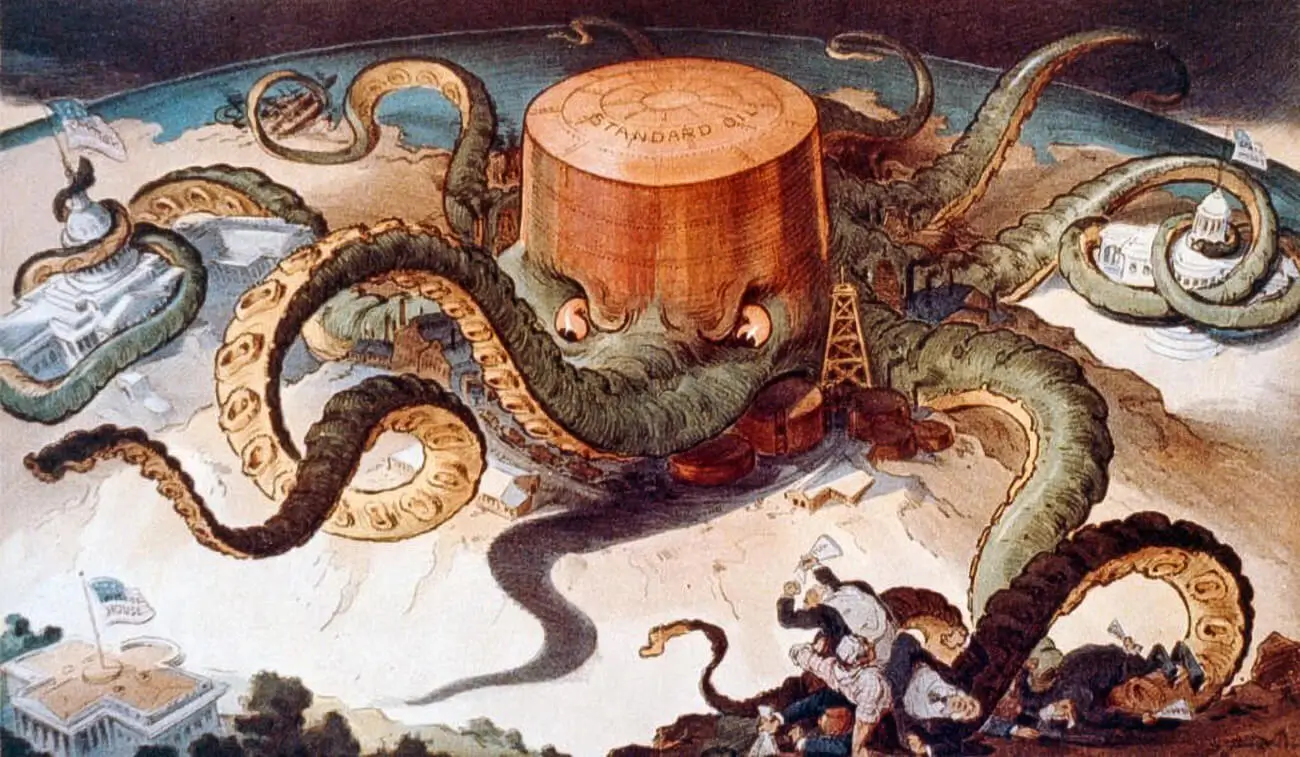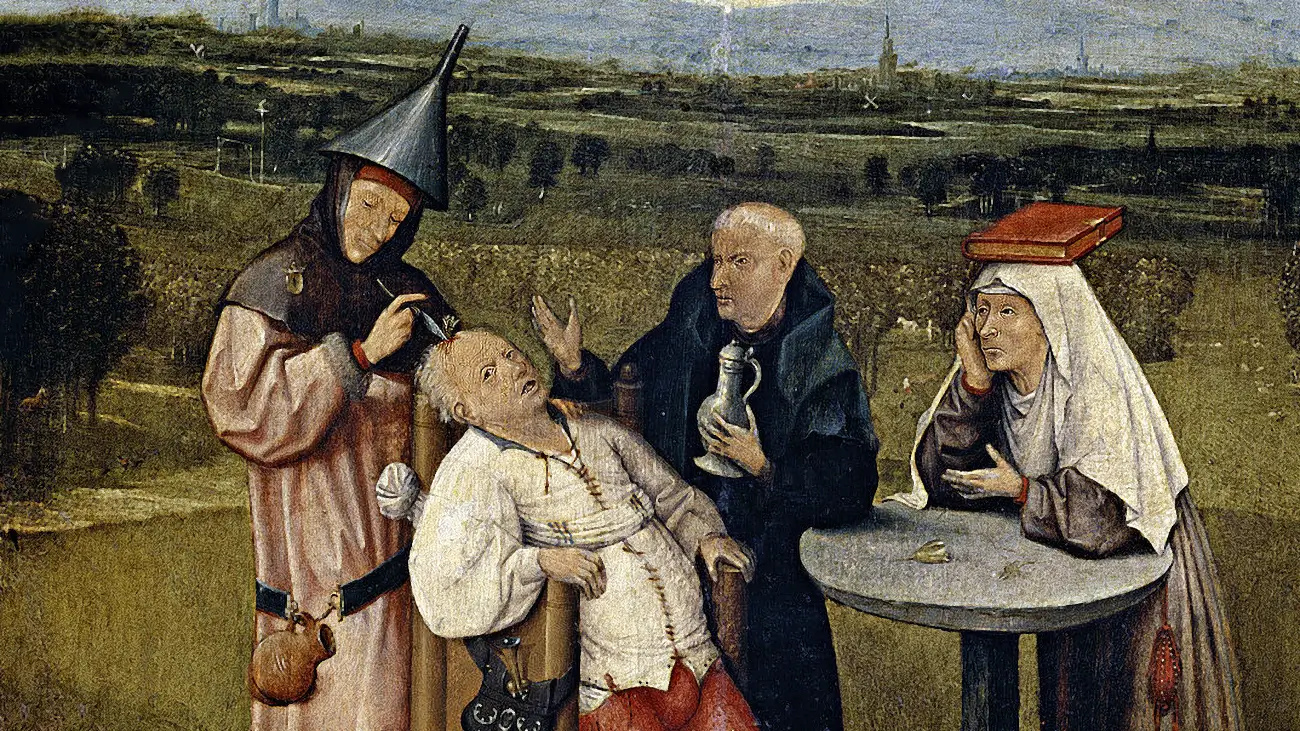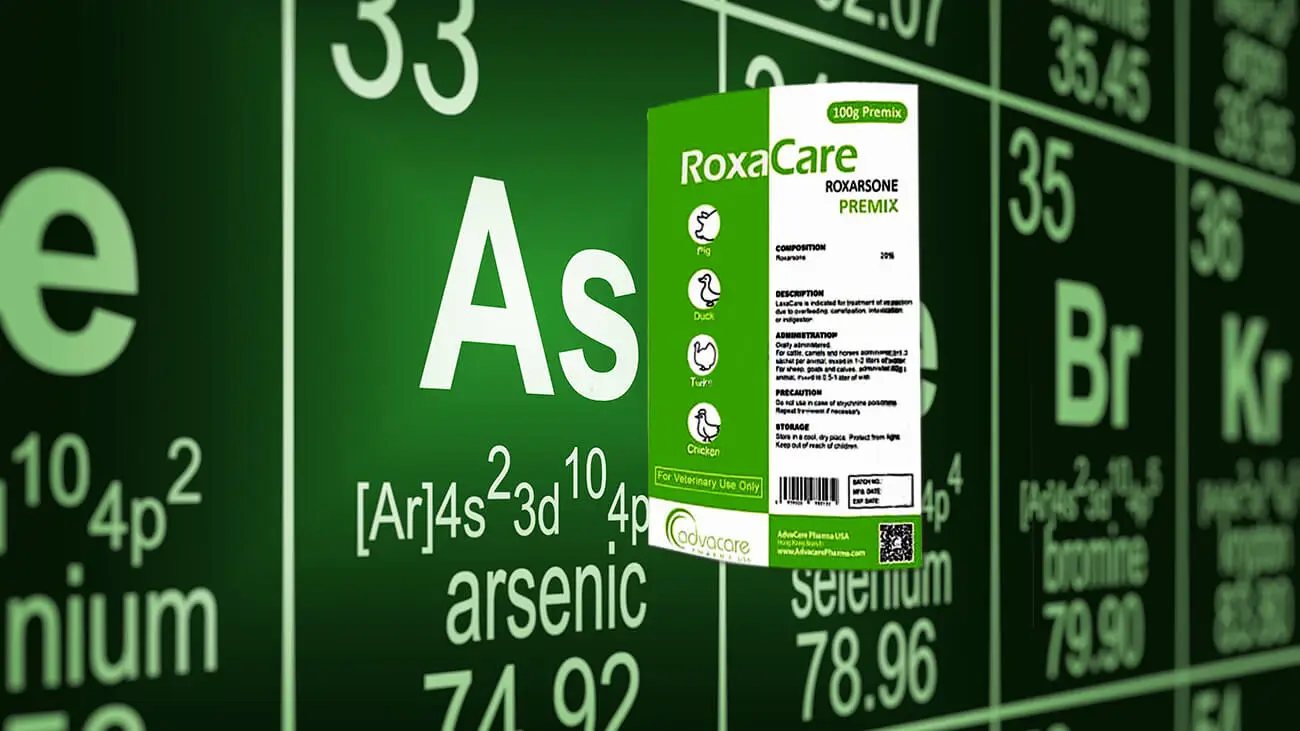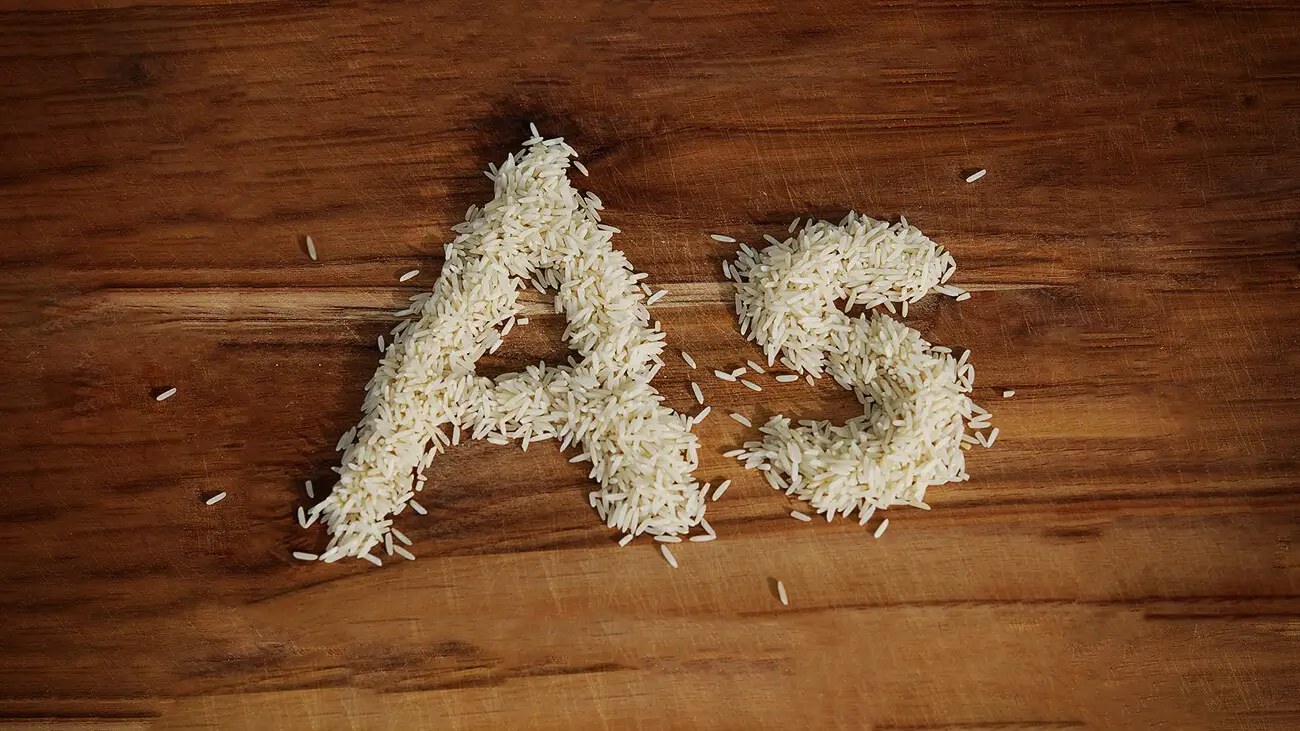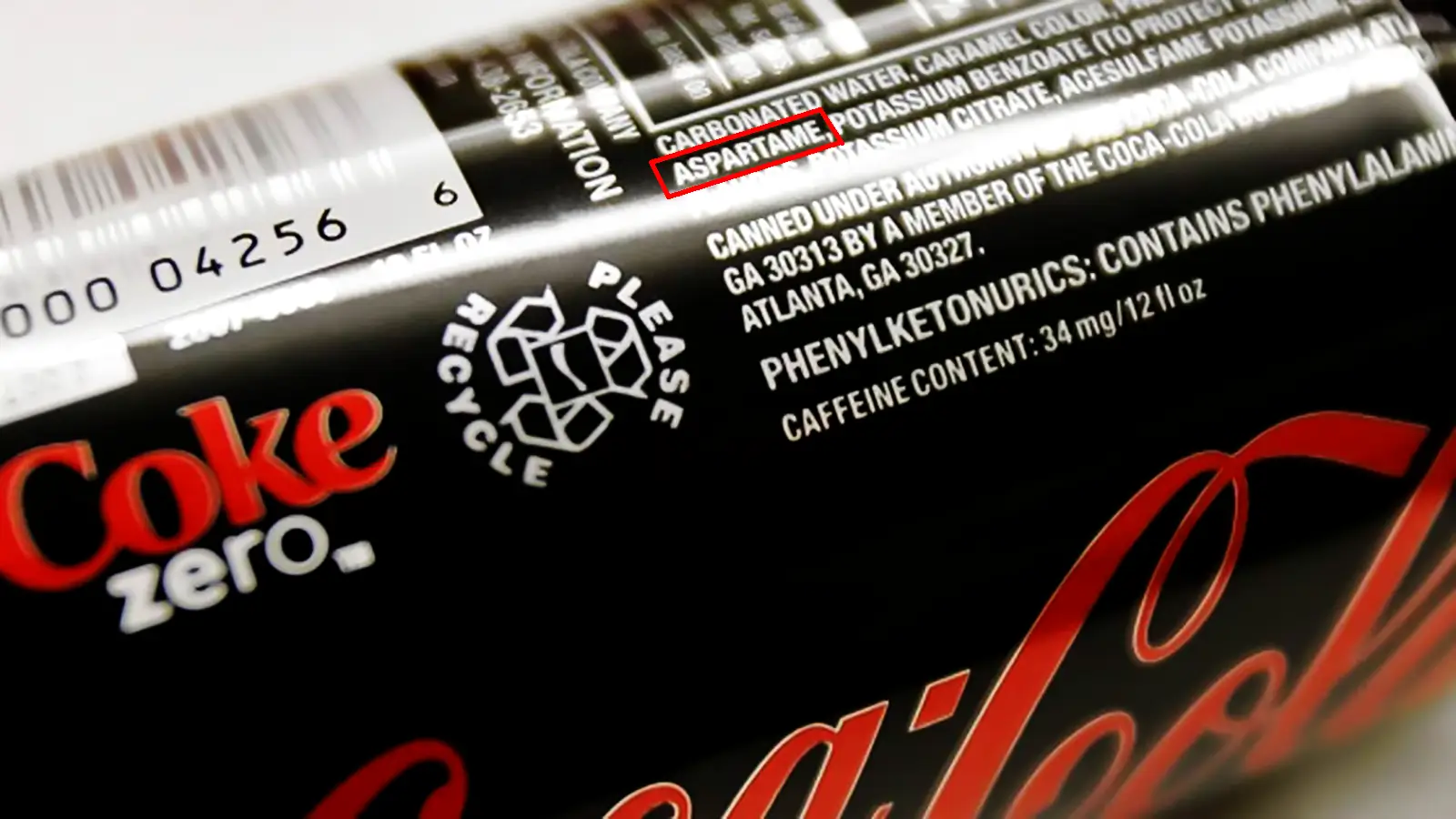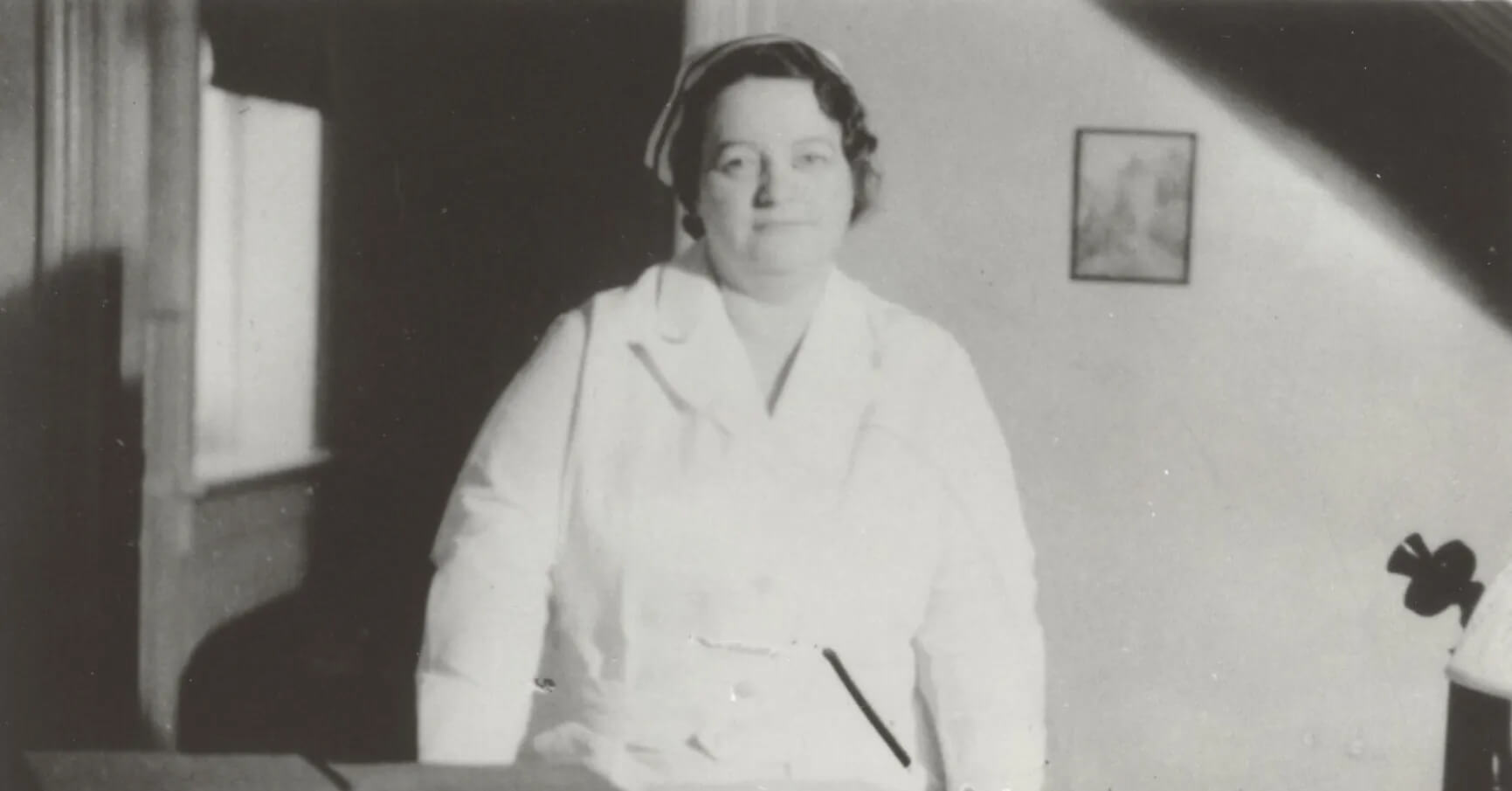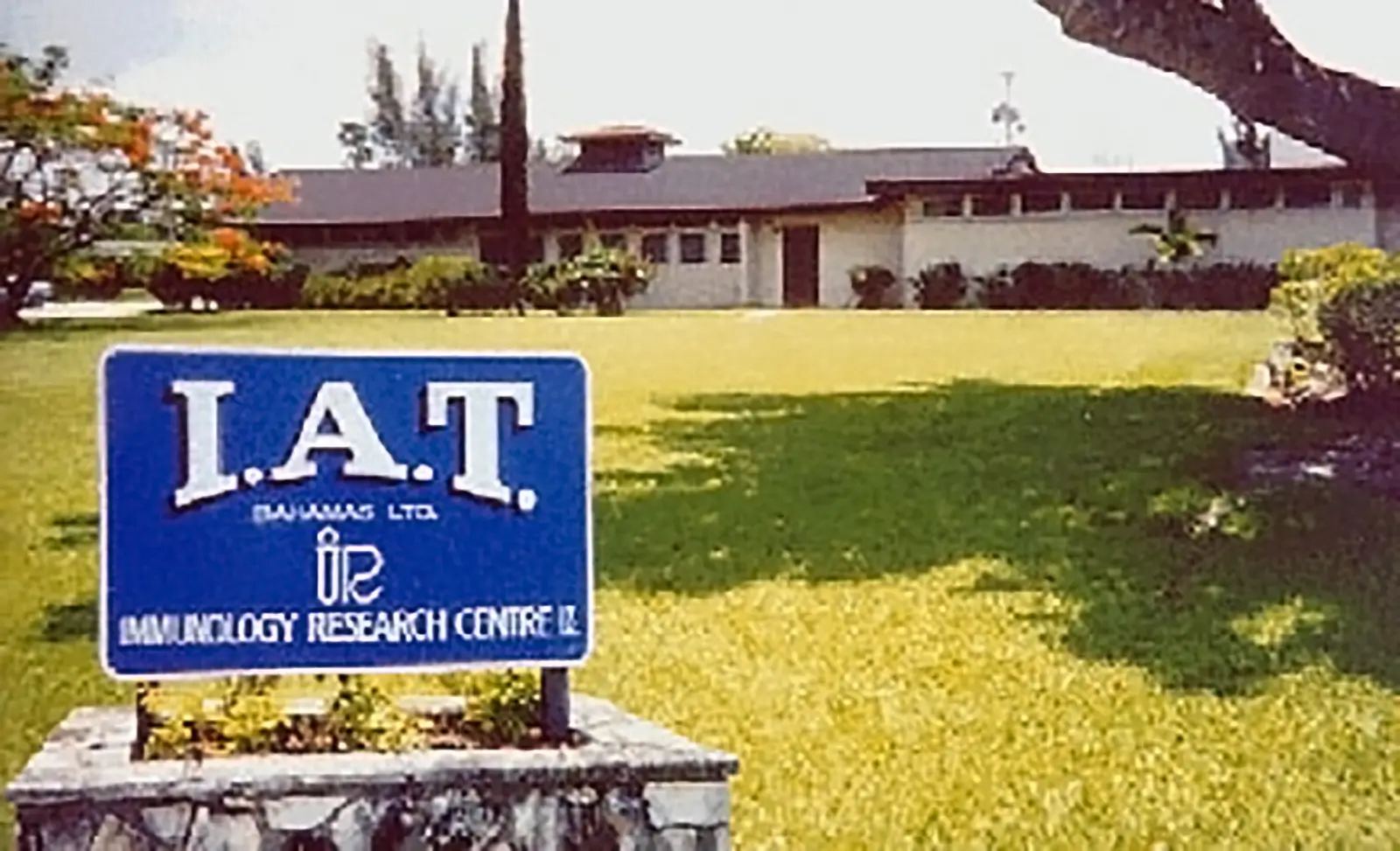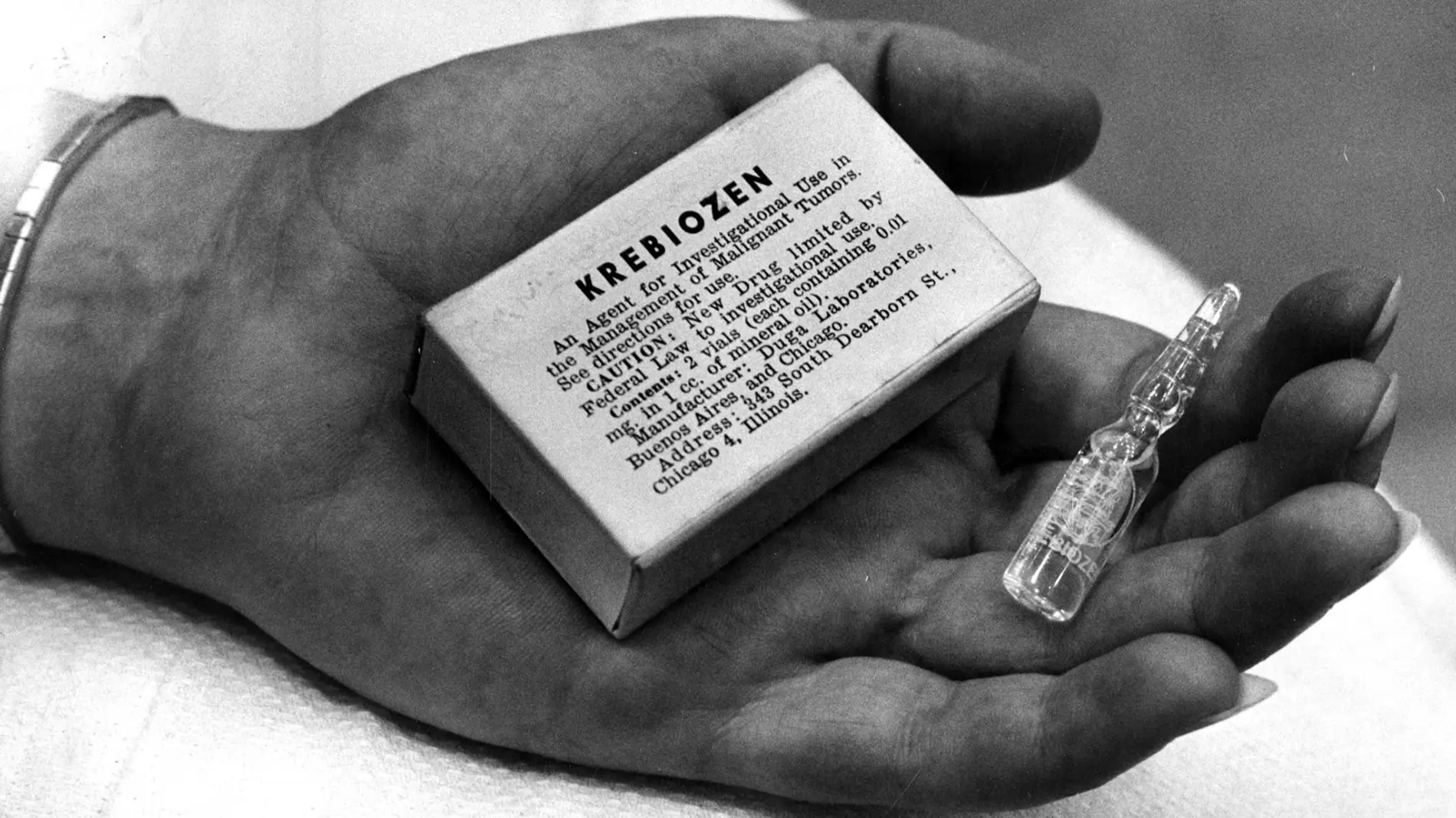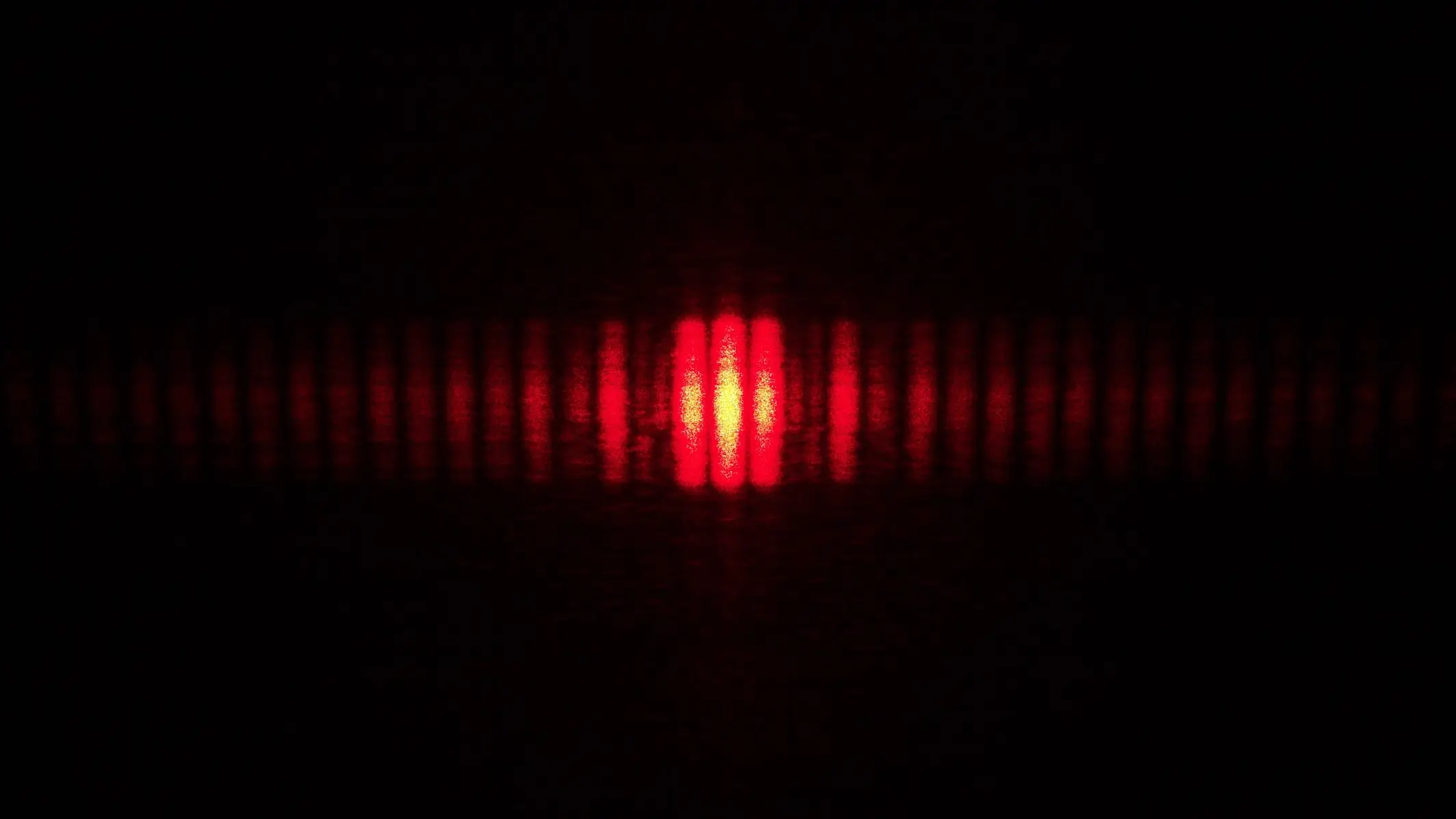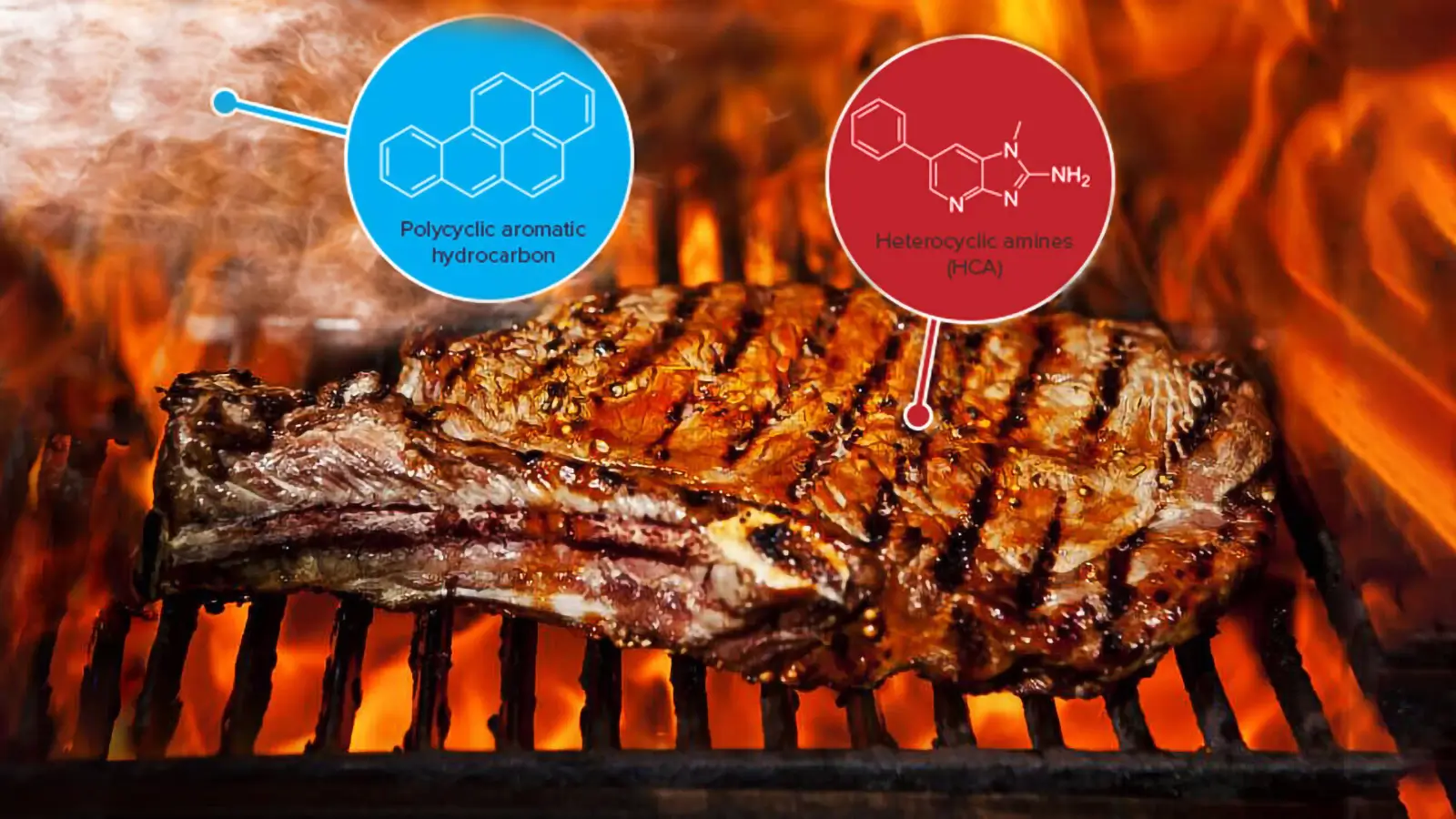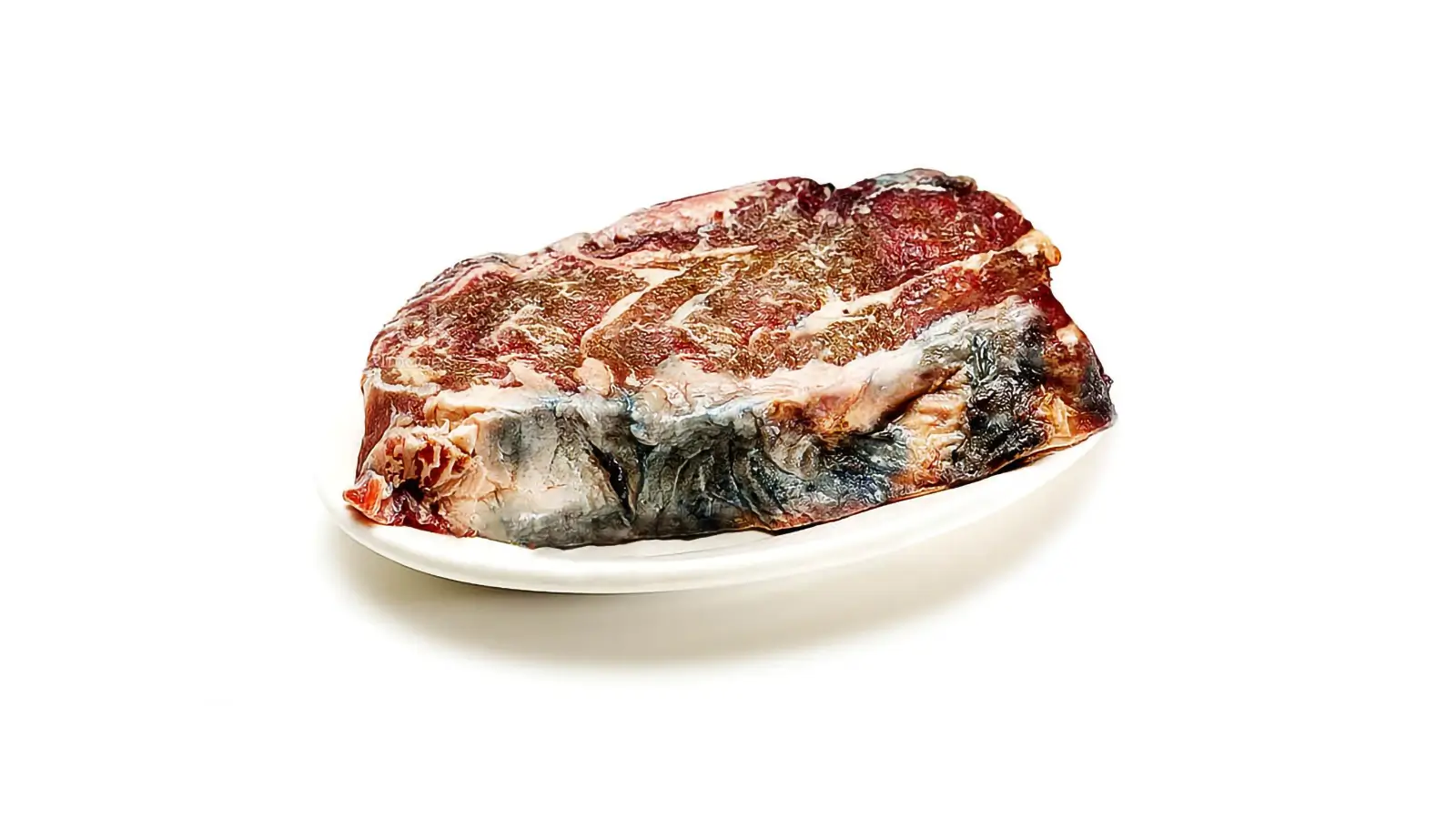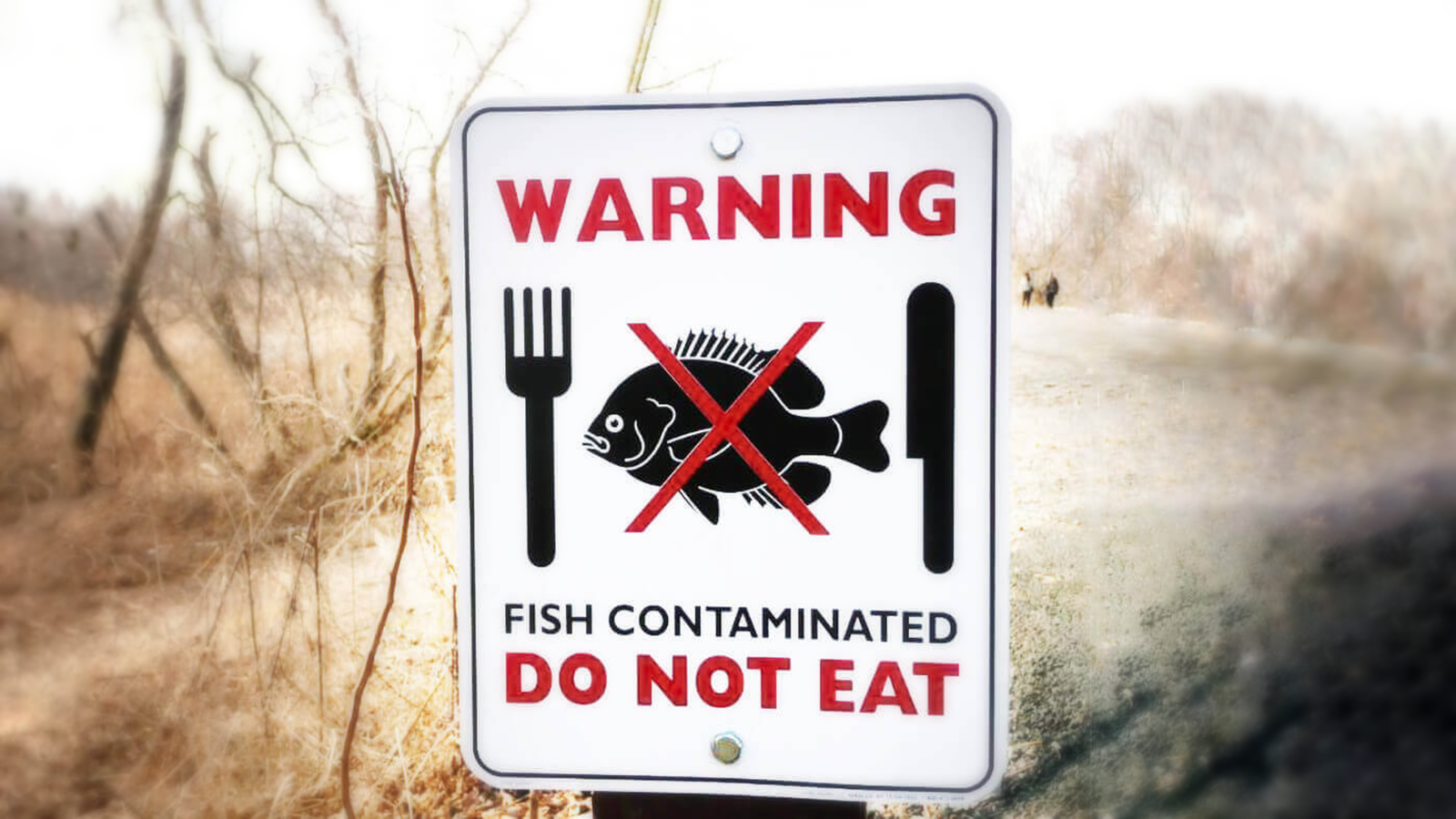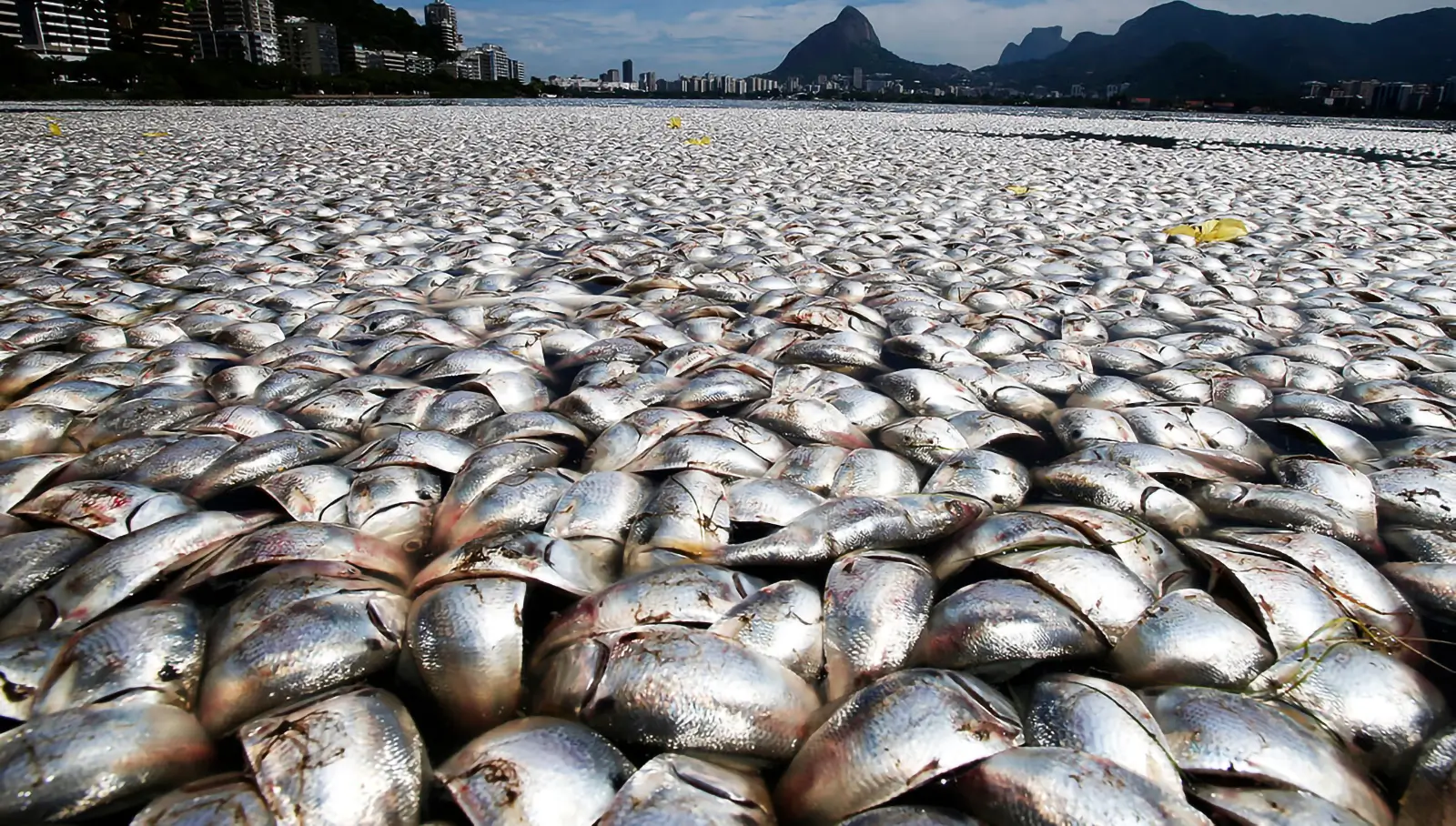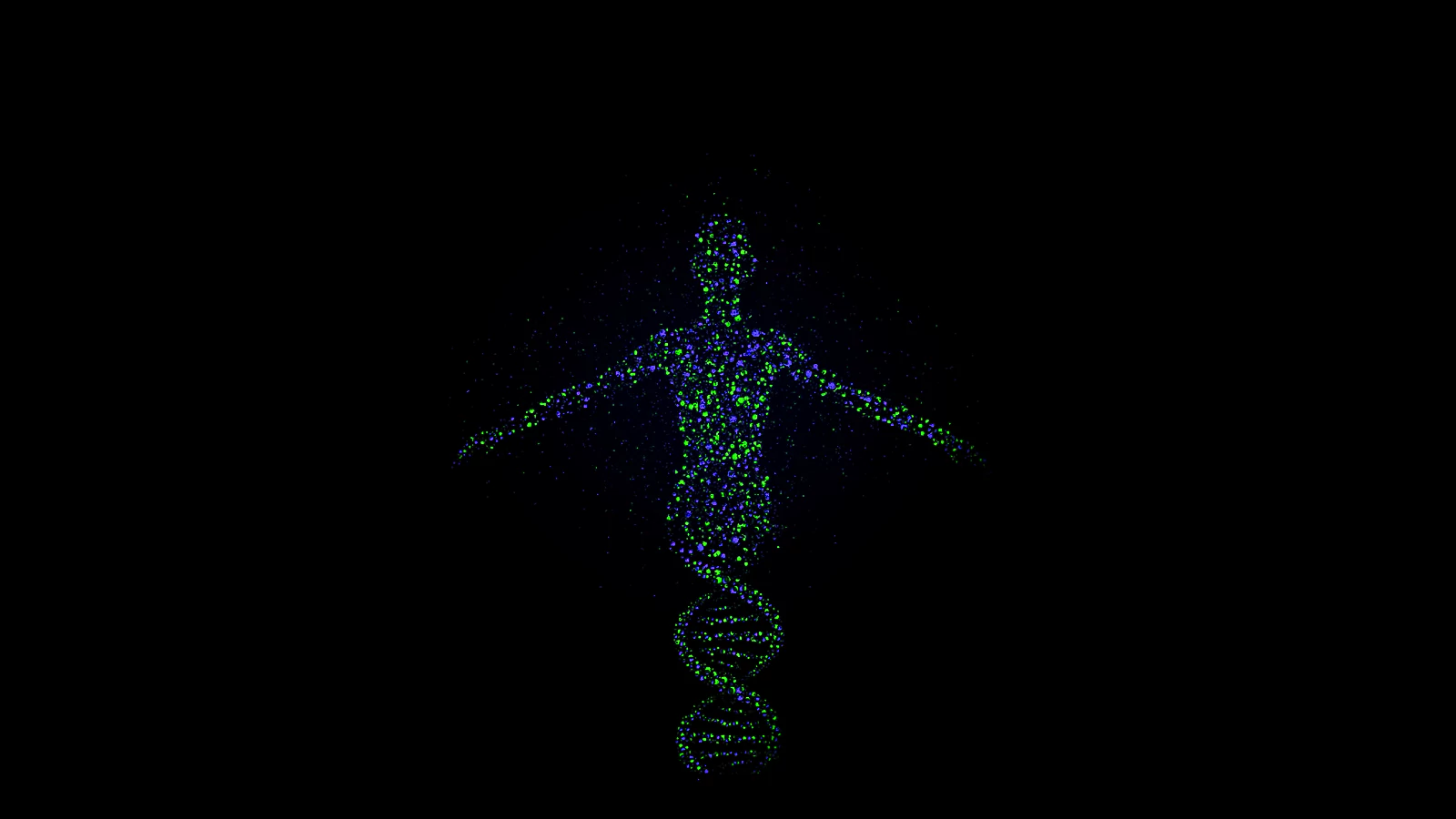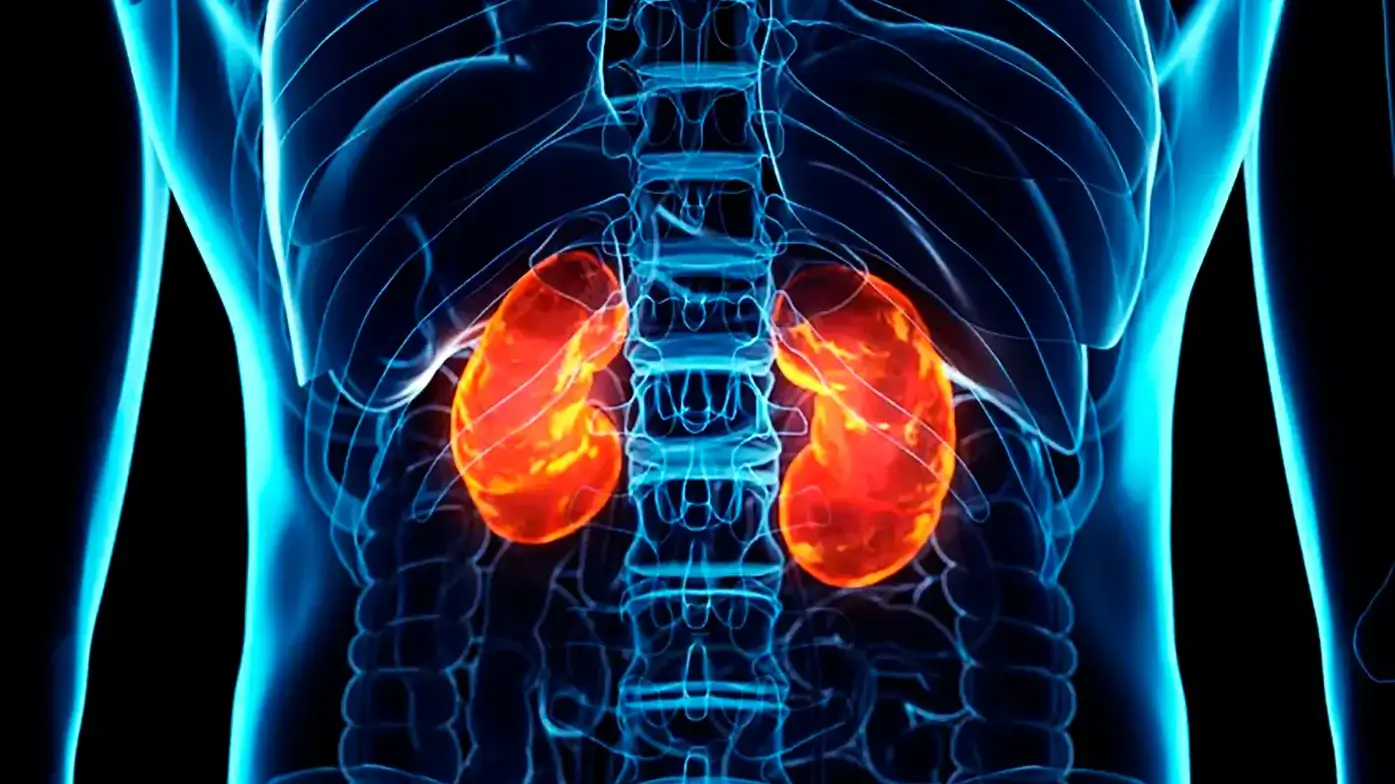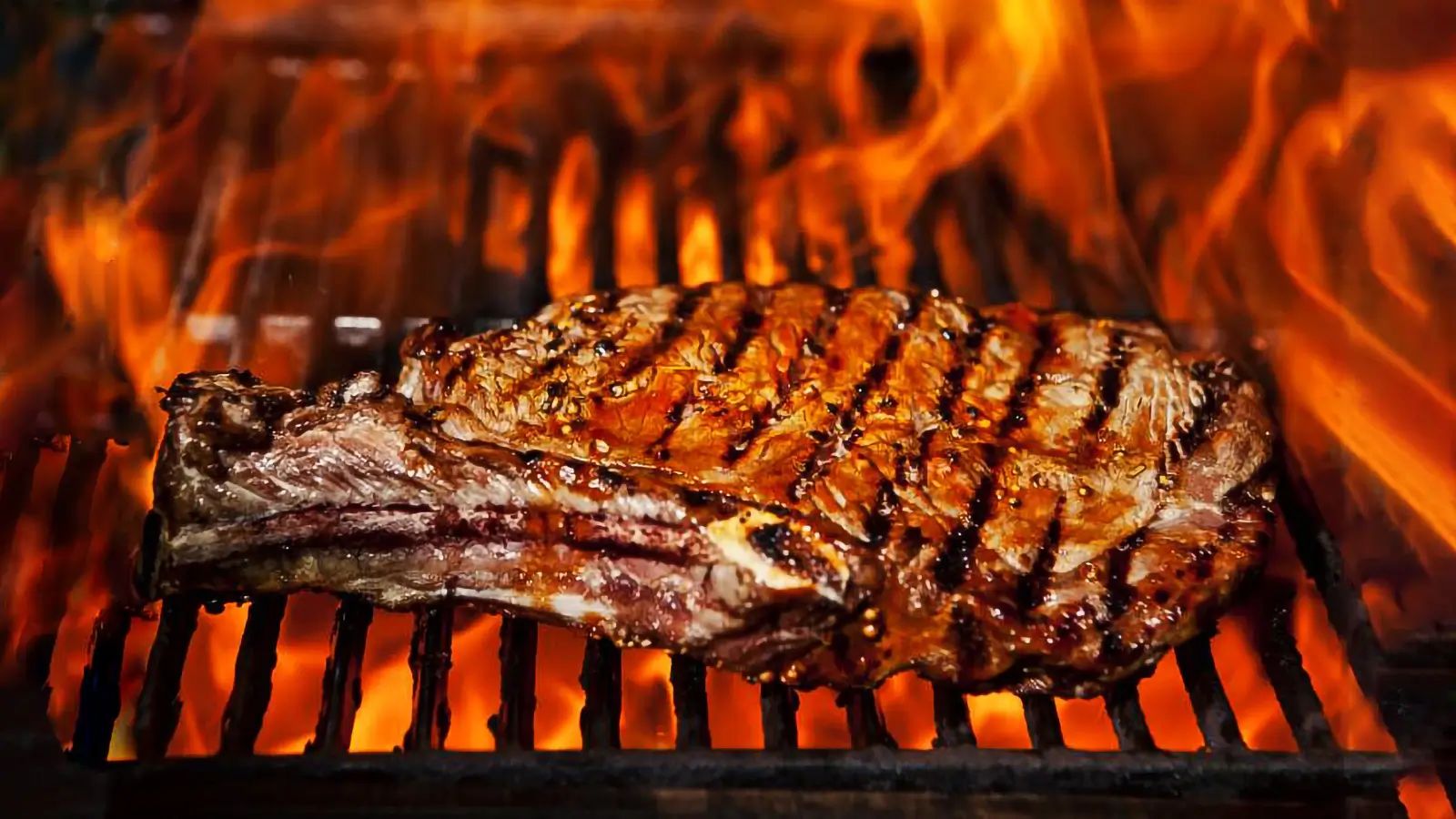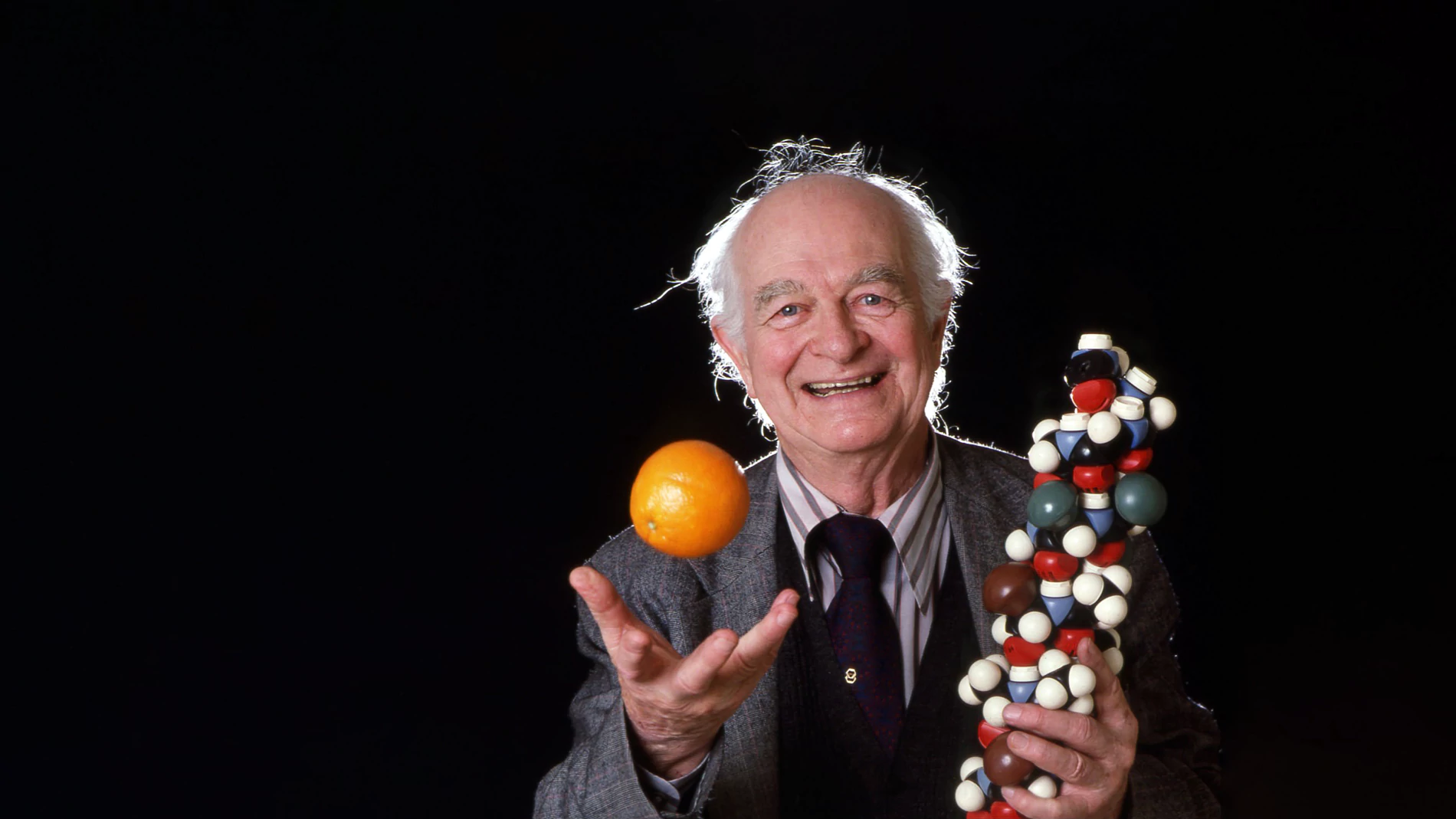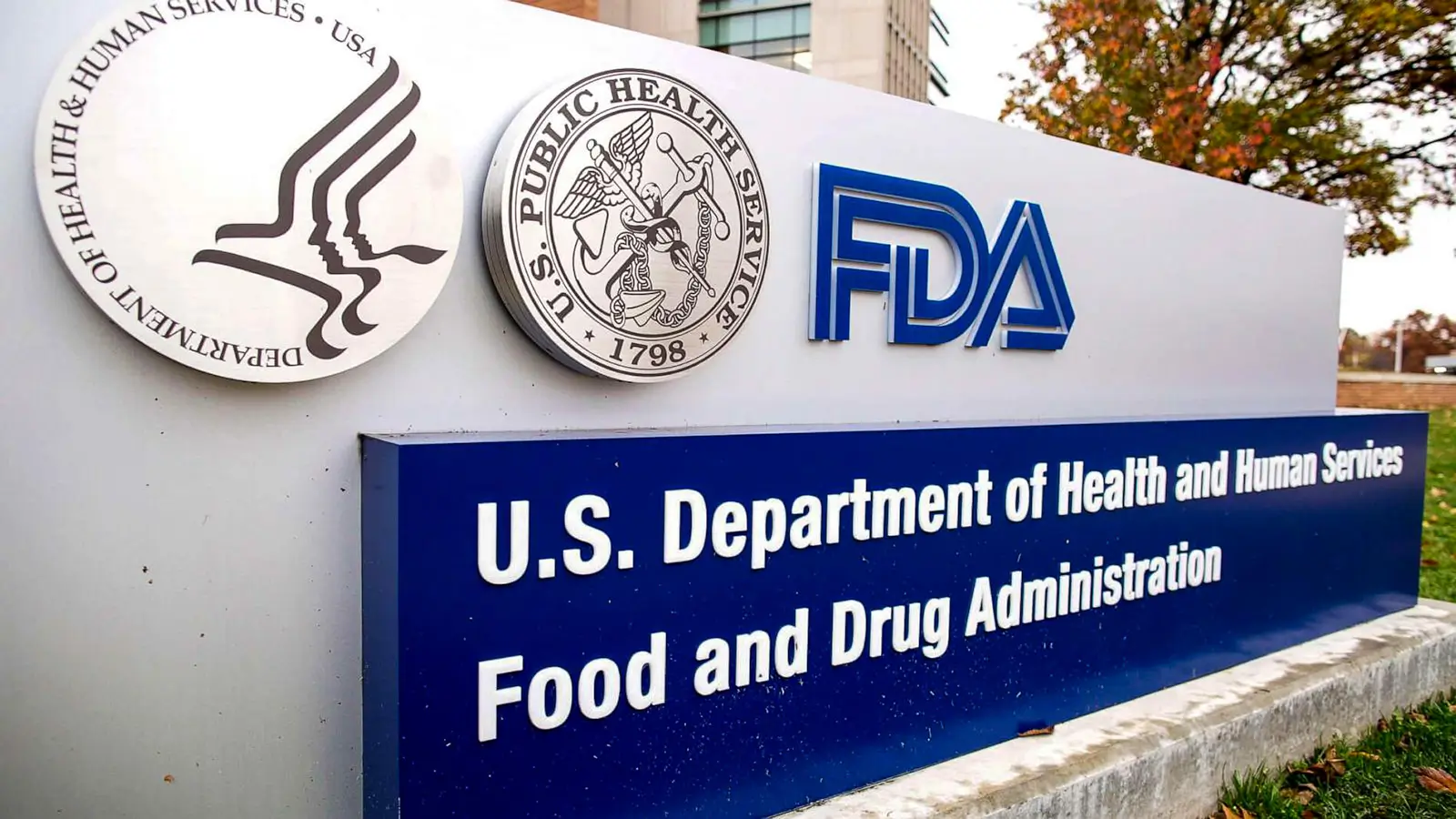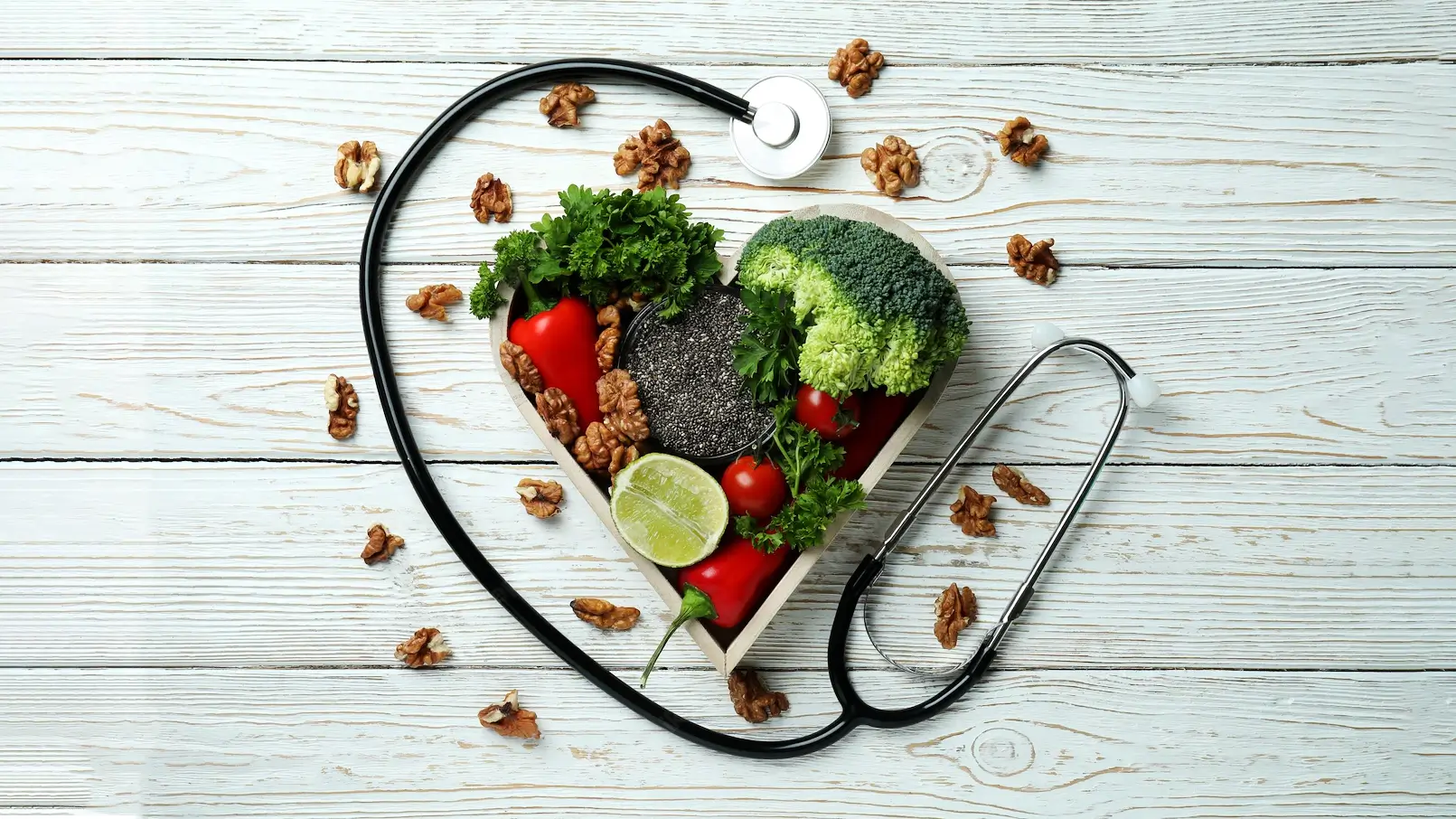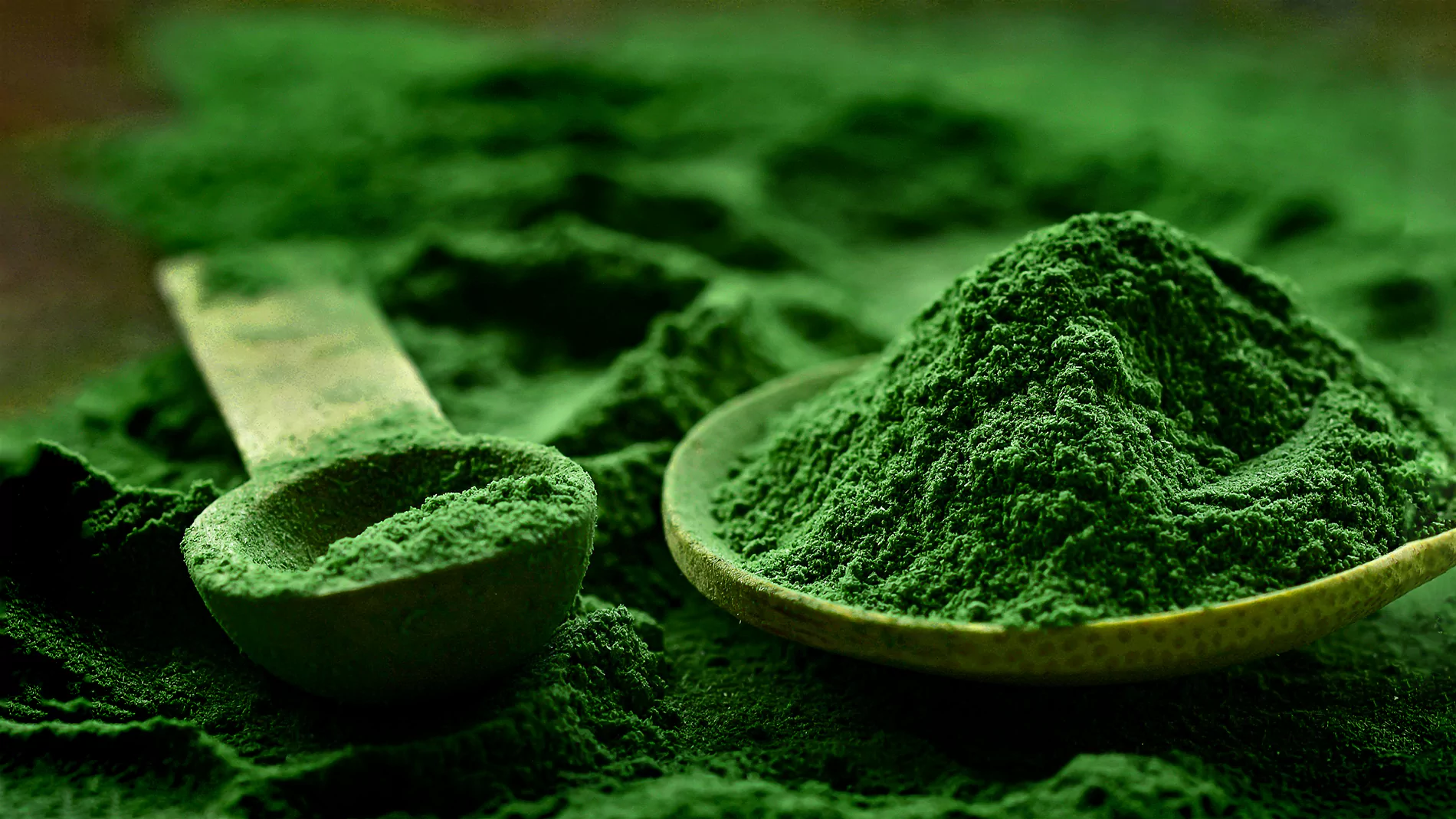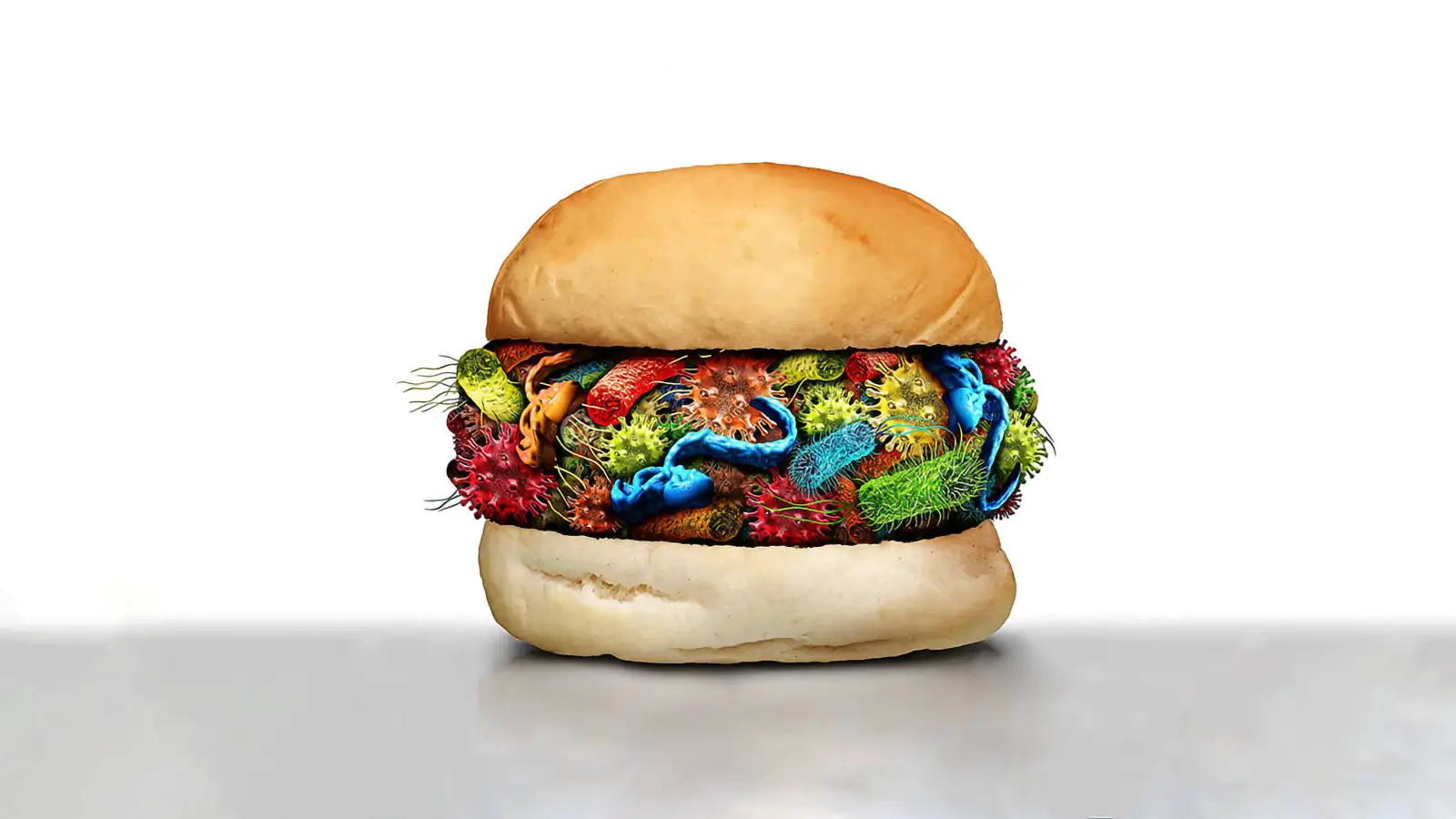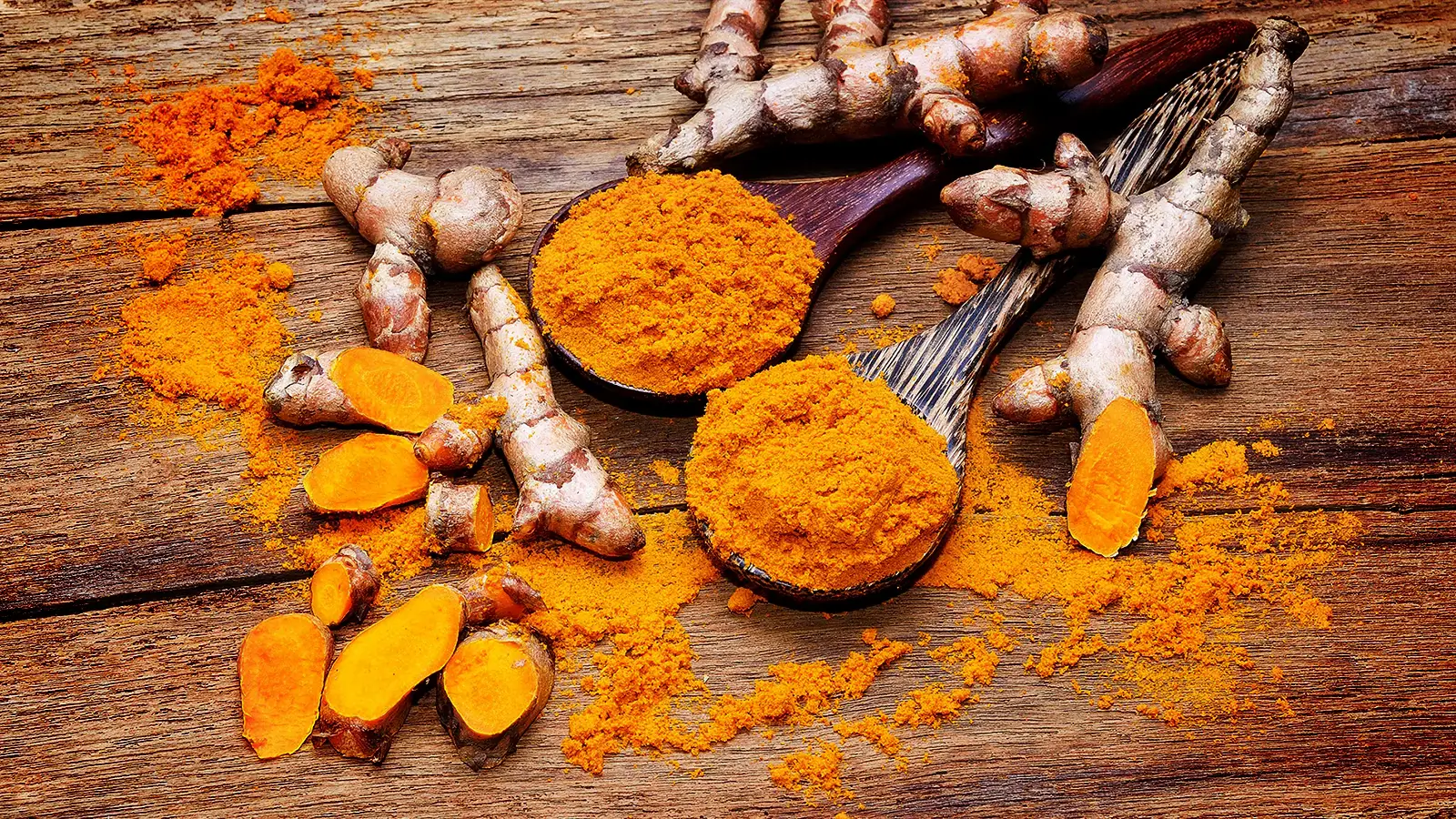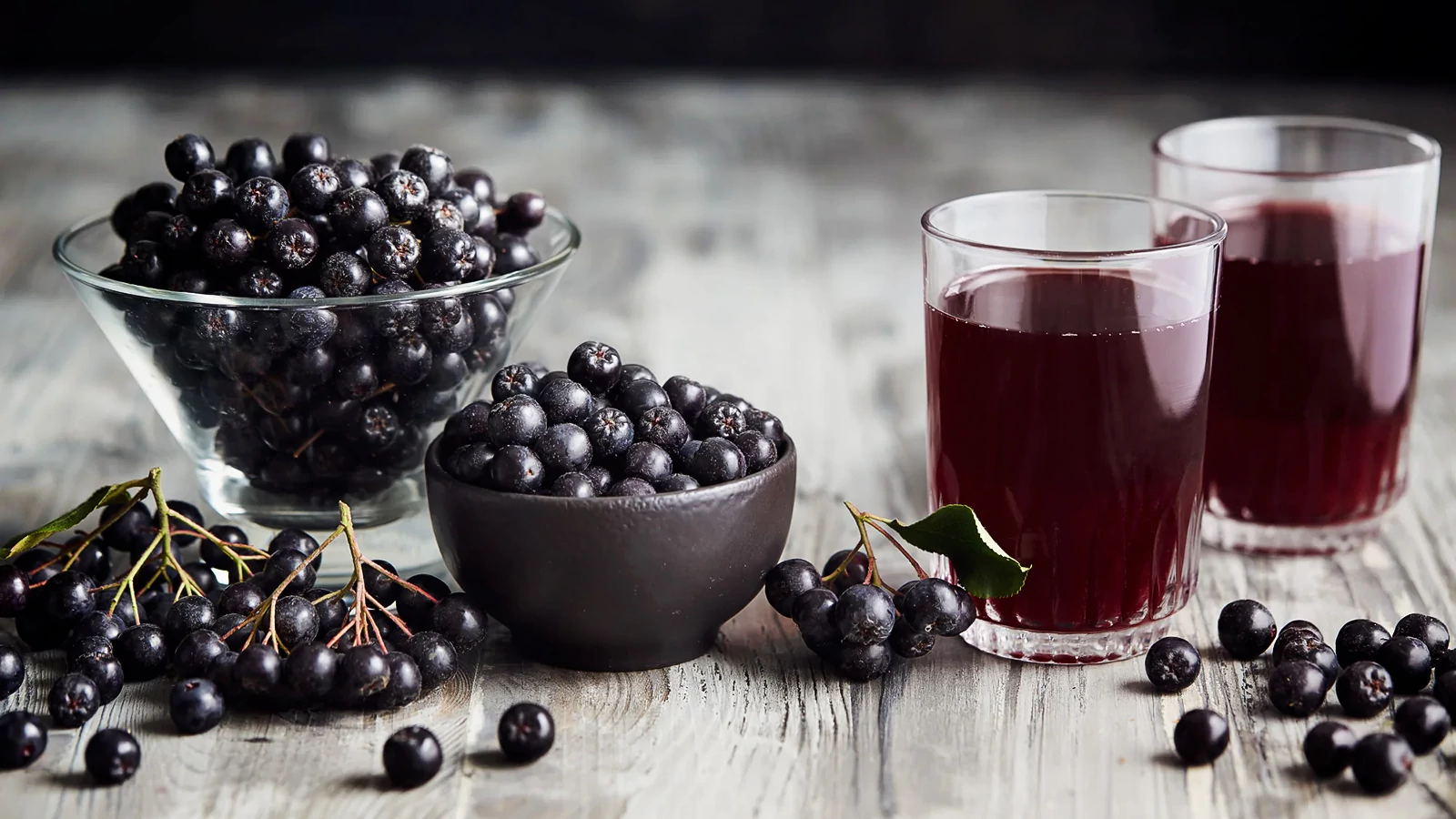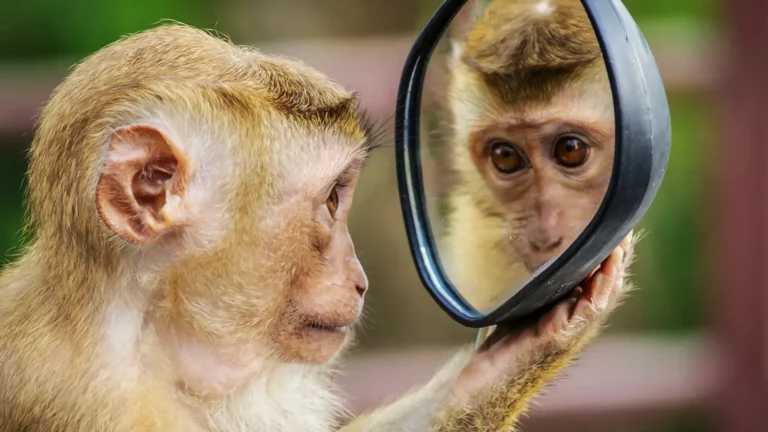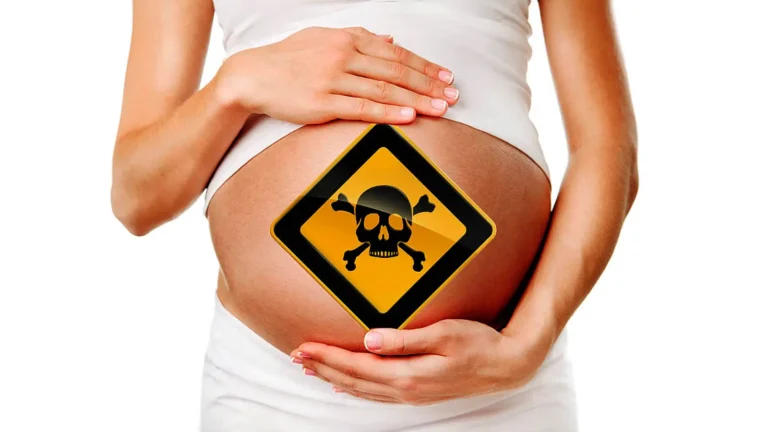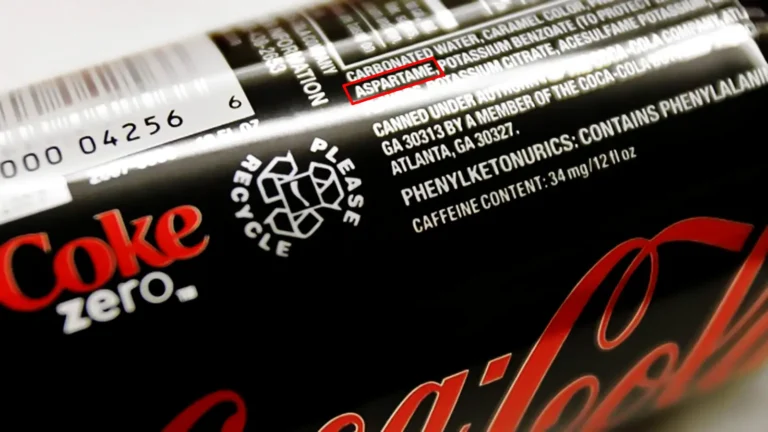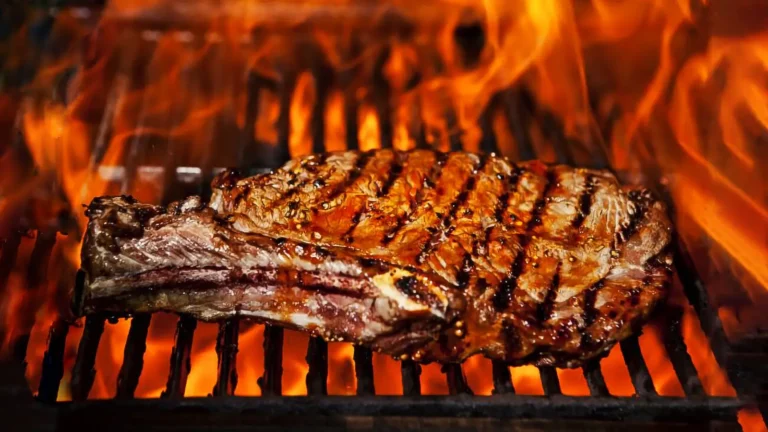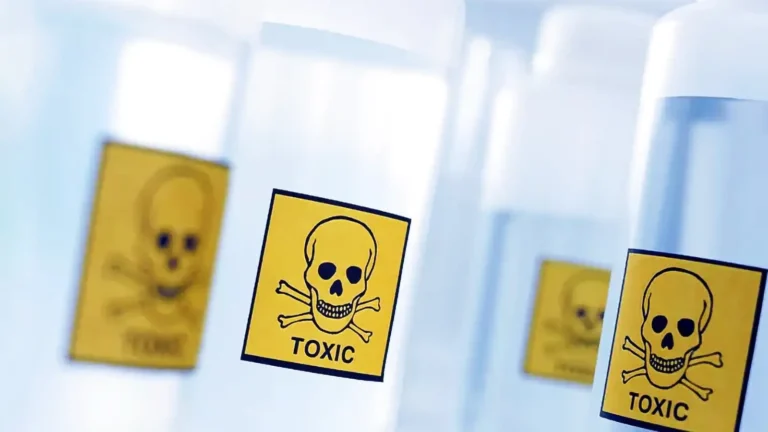The Anatomy of Cancer- Health risk correlations
About 2% of cancers are by medicine considered to be purely caused by genetic factors. The same range as within the animal kingdom. You haven’t been told the whole truth.
Milos Pokimica
Written By: Milos Pokimica
Medically Reviewed by: Dr. Xiùying Wáng, M.D.
Updated July 16, 2023Let’s talk about a big secret. The one they do not want you to know about. The one that is so important that they do not want even to mention the name of it.

The big secret of what causes an epidemic of cancer. One of the biggest industries in the world. One in four people today will die from cancer. Or let’s say it this way. You have not been told the truth about cancer.
Cancer is not even a disease. You cannot get infected by it. It is more the state or condition of the body that is malfunctioning. Medical science had known for decades what is underlying this condition but has done everything in its power not to tell the whole truth. If I know and I am not a scientist, then I am pretty sure that real scientist knows just doing everything they can to find a drug or cure for cancer that they can charge.
But not even that is the truth. They will never really heal you. They will like you to come back to pay some more later until all of your life savings are gone, and then you can go too. They do not care.
What they teach to the future oncologist or what you can see when you pick up a regular college oncology book and look for cancer definition is exactly what they will like you to believe. For example, this is what is written in the American Cancer Society cancer book:
“Although most of us think cancer is a single disease it is actually a family of more than a hundred different types.“
Ok, what does this even mean? When I say they I mean the medical industry and a big chunk of it is the medical cancer industry. What are they telling you about cancer?
They will first like you to be scared and confused because there are more than a million types that can kill you and secondly they call cancer a disease that is not the real truth. Some virus that can attack you by infection is a real disease.
Cancer is not an infection, so it is not a disease in its pure form it is a condition.
A huge difference here. It is a specific malfunctioning of the body, not a disease that you can pick up on public transport. They call cancer: “a whole family of diseases.” This is what we have been told for the last 70 years. This is what they teach in medical college. However, what real science is going to tell you is that basically, it is not more than 100 types of disease but just one type of condition.
What real science is going to tell you is that cancer all of them are regular cells that have suffered a form of mutation of cellular genes. Cancer is caused in all instances by mutation. That is it.
Maybe you do not know this but right now you have cancer. I have cancer too. Every individual species on this planet has some percentage of cells that are mutated in some form.
We all have cancer cells just our immune system deals with them. In normal conditions, there will be one newly formed mutant cell in every few million regular cells. The body is built up of 75 trillion cells, so we have in normal conditions a pretty large colony of cancer cells all the time. And when I say normal, I mean a healthy vegan whole food diet and exercise living in a clean environment individual.
The question here is if we all have large colonies of cancer cells our entire life and cancer is a genetic disease why all of us have not died from cancer? Ask your oncologist this question and be ready for a burst of hate. It is the immune system and autophagy that eat up these cells before they overpopulate. That is the real truth.
There is no: “a whole family of diseases“ cancer industry half-truth myth. In the immune system is down and is vastly outnumbered there is going to be a condition that will allow for the formation of cancer and the body can develop several different types of cancer depending on the individual condition. It is because whatever condition allows one cancer to overpopulate will allow some other types of cancer to form also again depending on the individual condition. Only if the body is healthy and has a very efficient immune system does cancer cannot exist. What we need to do is to stop attacking cancer and start improving our own immune system and condition. The immune system will do its regular job by keeping cancer cells in normal numbers not allowing them to overpopulate and form a lump of tissue.
When cancer forms a lump, it becomes whole another beast that tricks the immune system not to recognize it by different methods. However, in normal conditions individual or small clusters of cancer cells in our bodies are completely normal. Cancer is a completely normal „disease“ for the human condition in normal circumstances. We all have it as a part of our body’s normal functioning for our entire life. Cancer cells are not foreign objects to our body, a foreign invader, so the entire Nixon let us declare war on cancer is illegal, but it did give a lot of money that was used to start the cancer industry. The industry does nothing except to prolong the misery.
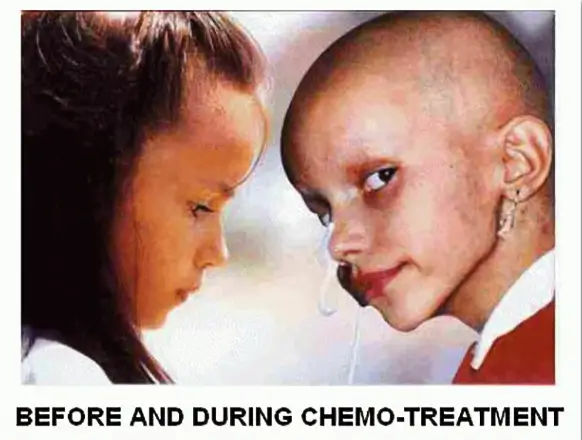
Until we understand that there is a big difference between a single condition and 100 different types of diseases we will not realize the truth. The real truth is that cancer is a single condition that can manifest itself in 100 different ways.
Now that is the truth that they do not want to teach in medical college or tell the public. We are made up of 75 trillion cells, and we have more than 200 different cells in our bodies. If we found a mutating cell in our colon it would be called colon cancer, if we found a mutating cell in our brain it would be called brain cancer, if we found a mutating cell in our bone it would be called bone cancer, and so on. The way the medical industry identifies the “diseases” is misleading, in other words, cancer is not named on what it is. It is named by the way that it is perceived to be by the individual that is looking at it from the outside. It is named by the tissue from which they are made or where the cell was found or how fast they are growing. It can also be named after some famous athlete or person that had them or even by the name of the researcher that found it first and decided to name it after him. You see we could have over 200 different “diseases“ of cancer because we have over 200 different types of cells. One cancer for every cell.
The way the medical industry defends this argument is that to some extent the cancer cells take much of the characteristics of the cell that was mutated from not just the characteristics by the mutation itself. In a way, this is correct because there are completely different acting cancer cells depending on the source of mutation. Some are less dangerous or not dangerous at all. Some are almost 100 percent death sentence. However, this still does not make it the family of diseases. It is still just one same condition that manifested itself differently. Genetic predisposition can play a role, as different environmental factors and so on. However, it is still in the base one singular condition. A misconstructed confused cell that does nothing except multiply or in the meantime waiting to be eaten up or destroyed.
We hear the word attack all the time, cancer attack the liver, cancer attack this and that. Cancer is not bacteria that eat your tissue as food. It does not attack anything. It is just a confused cell that does what every cell does. Multiply. The problem is that in time it can multiply to be so large that it kills you. However, it is not in a medical sense attacking us as some virus does. The problem is the immune system that does nothing to prevent this because in some cases it does not recognize the mutated cell as a foreign invader. Cancer is not a disease in its purest form. It is a symptom of an inefficient immune system. You can think of it as something that is similar to the AIDS virus. That is the real truth about cancer.
Can we go and ask the medical profession to reclassify cancer?
As long as we believe that cancer is a disease, we will treat it like any other disease, and we will be in good service of modern medicine by paying for chemotherapy. Only when the immune system is incapable of destroying these malignant cells, and only then cancer will progress to be a full-blown “disease.” For example, AIDS patients usually develop three types of extremely rare cancers; Non-Hodgkin lymphoma (NHL, also known as AIDS-related lymphoma or ARL), Kaposi’s sarcoma, and cervical cancer. Forty percent of HIV+ patients develop one of those cancers. For people that do not know the immune system is much similar to the brain. It has the capacity for learning and storing memory and creating and storing and using information. Vaccines are dead viruses given to your immune system to „learn“ how to deal with them later in life if the true active virus came. The immune system is learning all the time and is active all the time. Immune system malfunction when not attacking cancer is the real cause of the problem.
The treatment of cancer by strengthening the immune system is today almost universally suppressed.
They do not want to prevent cancer and lower the rate to natural 2 percent of genetic causes and then try to heal that. No, they want to suppress the knowledge and represent cancer as a disease that they need to treat with some magic cancer-killing drug that you are going to pay for.
How much did your life cost by the way?
If you have cancer how much are you willing to spend on treatments? What if your child has it?
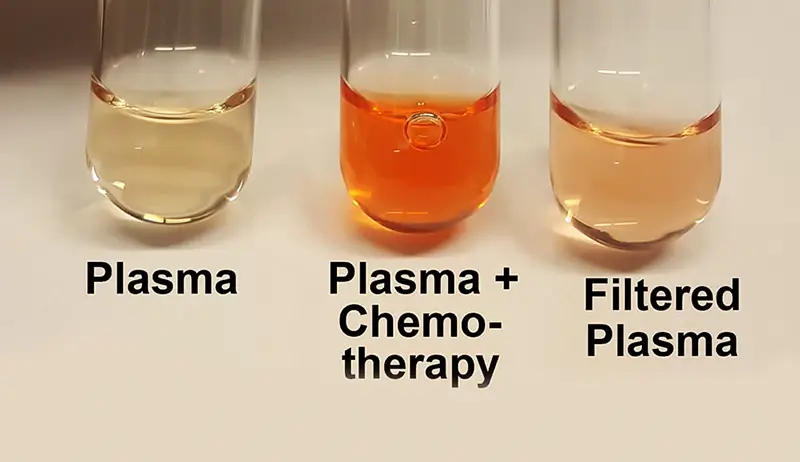
On some rare occasions, some of the regular researchers do get credited for telling the truth. For example, in 1989 two researchers from the University of California San Francisco won Nobel Prize in medicine by discovering that cancer is not a family of different diseases with causes that we do not understand.
Michael Bishop and Harold E. Varmus won it “for their discovery of the cellular origin of retroviral oncogenes.”
In other words, they found that cancer is a single condition caused by oncogenes, a single unifying explanation of how cancer occurs. They published their research back in 1976, so for a long time the industry has known and did nothing to utilize this discovery in the „war on cancer.” Immunologists are not welcome in any speech or research about cancer. Just oncologists that have learned what industry likes them to learn and they do chemo and radiation and other “nice“ stuff to people for the last century.
There are a few studies done independently. There are some places that do that kind of research. In recent years it started to be a little more accepted. Today there are even studies that did nutrition experiments on cancer research. However, it was done usually by rogue doctors like Dr. Dean Ornis or such a type of physicians that do not go with the line of the conventional cancer industry.
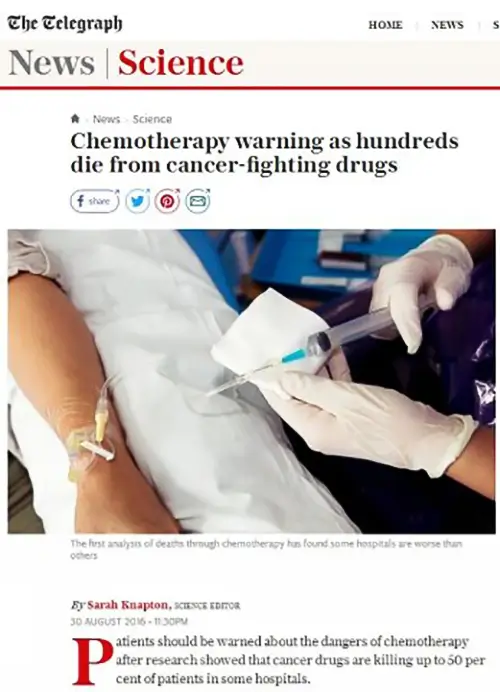
What will weaken the immune system?
How about chronic inflammation as a consequence of an inadequate diet that is filled with dead meat bacteria endotoxins and pesticides and hormones and toxic acidic protein byproducts that cause inflammation?
How about lacking anti-inflammatory nutrients like antioxidants and other phytochemicals?
How about toxic overload from environmental mutagens?
How about lacking an adequate level of autophagy by constant overeating?
To seal the deal, there is chronically elevated IGF 1 level due to animal protein consumption, or let’s be precise, complete protein consumption.
All the things that I have mentioned are a consequence of excessive animal protein in the diet. All of them except environmental mutagens.
What causes an epidemic of cancer? It is again a maladaptation to our current diet and technologically shaped lifestyle. Whether are you going to get a bone or brain cancer depends on individual genetic predisposition and many other factors but then there is a reality of today’s human civilization condition that 1 in 4 individuals will die from cancer. That is an epidemic of biblical proportions caused by an abrupt shift in our lifestyle. The medical industry will dispute this but then go to nature. Ask yourself, are there any other species of primates that have such a high rate of cancer, or any other species in general?
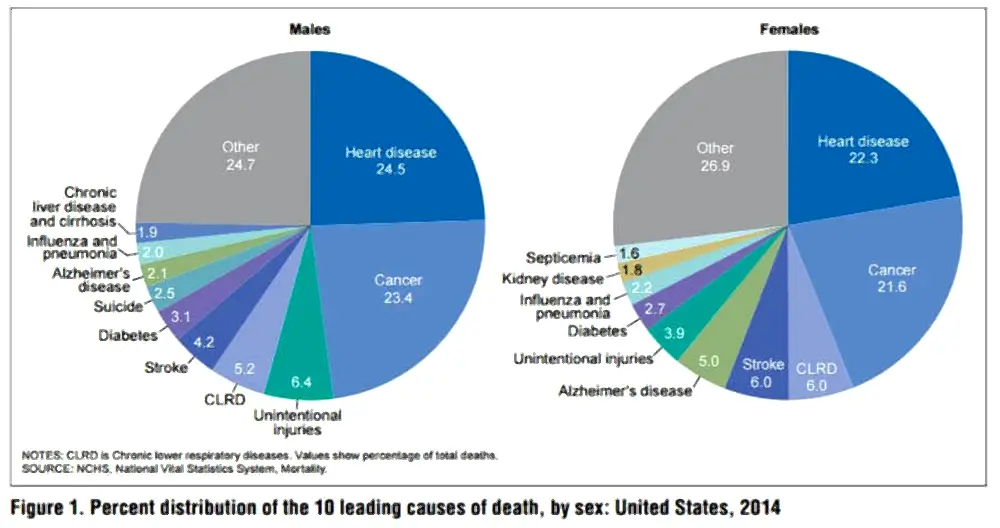
Monkeys can die from cancer but not in numbers of 1 in 4. It is not genetic. Genetics plays a role, but the underlying cause is maladaptation to the current high-quality animal protein diet.
About 2 percent of cancers are today by standard research and medicine considered to be purely caused by genetic factors. Only 2 percent is the number given by conventional medicine. The rest of it is diet. Or to be more precise animal protein and toxic overload.
You still don’t want to believe that animal protein is the initial cause of cancer. In this study (Barnard et al., 2006) they put women on a low-fat (10-15% kcal), high-fiber (30-40 g per 1,000 kcal/day) diet meaning vegan, and also forced them to do daily exercise classes for just 14 days. Serum insulin and IGF-I were significantly reduced in all women. The conclusion was:
“ In vitro growth of the BCa cell lines was reduced by 6.6% for the MCF-7 cells, 9.9% for the ZR-75-1 cells, and 18.5% for the T-47D cells. Apoptosis was increased by 20% in the ZR-75-1 cells, 23% in the MCF-7 cells, and 30% in the T-47D cells (n = 12).“
(Barnard et al., 2006)
In translation just look at the image. They took some blood from a woman and dropped them on cancer cells. When you see all that white dots that is the cancer cell that is dead as a result. If you eat a regular diet, there was still some anti-cancer activity, and you can see that one spot on the petri dish to the left.
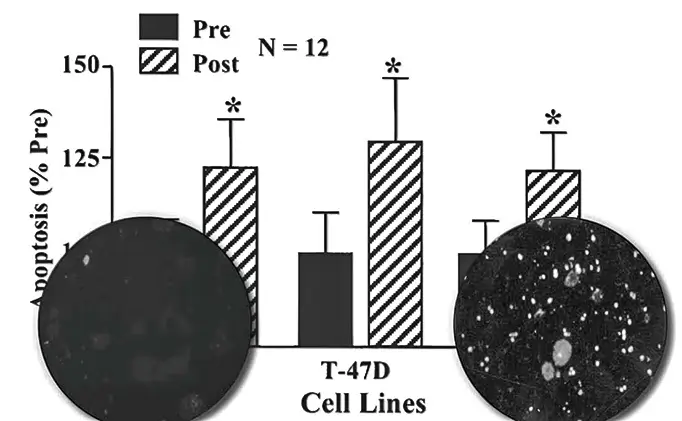
There was a similar experiment with men and prostate cancer with the result showing blood that kill cancer cells eight times better, and so far tens of different experiments with vegan diet and cancer and the result are always the same.
The cause of cancer is the standard American diet as a trigger to IGF1 chronic elevation, lacking autophagy, immune system inactivity due to chronic inflammation, and all of the pollutants and toxic overload coming from the environment and diet. Nutrition deficiencies and bad habits that add to toxicity also play a role. This is a truth.
There were studies on a vegan diet, but then they added injectable IGF 1 to their bodies the same one the bodybuilders like to use, and the end result was that the blood-killing potential of cancer cells in vitro was back to normal.
The effect of lowering IGF1 level on cancer growth was so remarkably powerful that in this study done by Dr. Dean Ornish (Ornish et al., 2005) they were able to slow down the progression of prostate cancer by a remarkable 8 times rate and I quote:
“The growth of LNCaP prostate cancer cells (American Type Culture Collection, Manassas, Virginia) was inhibited almost 8 times more by serum from the experimental than from the control group (70% vs. 9%, p <0.001) “.
(Ornish et al., 2005)
Food products and you need to remember this are a package deal. Proteins come with baggage. Animal protein with inflammation and cholesterol and fat and plant protein comes with antioxidants and fiber and does not raise the level of IGF 1. Some plants fight cancer so well that they are better than leading drugs with no side effects. You do not have to learn about all of the cancer-fighting properties of all individual herbs just remember that variety is key and if you want or have a family history of some form of cancer you can look up to some specific plants, mushrooms, or supplements. Medicinal herbs and supplements are a vast topic, and I will analyze some of them like curcumin for instance in correlated articles and in the book series.
References:
- Barnard, R. J., Gonzalez, J. H., Liva, M. E., & Ngo, T. H. (2006). Effects of a low-fat, high-fiber diet and exercise program on breast cancer risk factors in vivo and tumor cell growth and apoptosis in vitro. Nutrition and cancer, 55(1), 28–34. https://doi.org/10.1207/s15327914nc5501_4
- Ornish, D., Weidner, G., Fair, W. R., Marlin, R., Pettengill, E. B., Raisin, C. J., Dunn-Emke, S., Crutchfield, L., Jacobs, F. N., Barnard, R. J., Aronson, W. J., McCormac, P., McKnight, D. J., Fein, J. D., Dnistrian, A. M., Weinstein, J., Ngo, T. H., Mendell, N. R., & Carroll, P. R. (2005). Intensive lifestyle changes may affect the progression of prostate cancer. The Journal of urology, 174(3), 1065–1070. https://doi.org/10.1097/01.ju.0000169487.49018.73
Related Posts
Do you have any questions about nutrition and health?
I would love to hear from you and answer them in my next post. I appreciate your input and opinion and I look forward to hearing from you soon. I also invite you to follow us on Facebook, Instagram, and Pinterest for more diet, nutrition, and health content. You can leave a comment there and connect with other health enthusiasts, share your tips and experiences, and get support and encouragement from our team and community.
I hope that this post was informative and enjoyable for you and that you are prepared to apply the insights you learned. If you found this post helpful, please share it with your friends and family who might also benefit from it. You never know who might need some guidance and support on their health journey.
– You Might Also Like –

Learn About Nutrition
Milos Pokimica is a doctor of natural medicine, clinical nutritionist, medical health and nutrition writer, and nutritional science advisor. Author of the book series Go Vegan? Review of Science, he also operates the natural health website GoVeganWay.com
Medical Disclaimer
GoVeganWay.com brings you reviews of the latest nutrition and health-related research. The information provided represents the personal opinion of the author and is not intended nor implied to be a substitute for professional medical advice, diagnosis, or treatment. The information provided is for informational purposes only and is not intended to serve as a substitute for the consultation, diagnosis, and/or medical treatment of a qualified physician or healthcare provider.NEVER DISREGARD PROFESSIONAL MEDICAL ADVICE OR DELAY SEEKING MEDICAL TREATMENT BECAUSE OF SOMETHING YOU HAVE READ ON OR ACCESSED THROUGH GoVeganWay.com
NEVER APPLY ANY LIFESTYLE CHANGES OR ANY CHANGES AT ALL AS A CONSEQUENCE OF SOMETHING YOU HAVE READ IN GoVeganWay.com BEFORE CONSULTING LICENCED MEDICAL PRACTITIONER.
In the event of a medical emergency, call a doctor or 911 immediately. GoVeganWay.com does not recommend or endorse any specific groups, organizations, tests, physicians, products, procedures, opinions, or other information that may be mentioned inside.
Editor Picks –
Milos Pokimica is a doctor of natural medicine, clinical nutritionist, medical health and nutrition writer, and nutritional science advisor. Author of the book series Go Vegan? Review of Science, he also operates the natural health website GoVeganWay.com
Latest Articles –
Plant Based News
-
16 Vegan Trader Joe’s Meals You Need To Know
on July 7, 2025
-
Odeon Cinemas Just Added A Moving Mountains Vegan Hot Dog To The Menu
on July 7, 2025
-
5 Practical Travel Tips From A Vegan Explorer
on July 7, 2025
-
Jamie Oliver Highlights ‘Important Connection’ Between Tofu And Longevity
on July 6, 2025
-
This Vegan Mung Bean Scramble Looks and Tastes Just Like Eggs
on July 6, 2025
-
Vegan Black Rice And Peas
on July 6, 2025
-
Vegan Cheese Brand Miyoko’s Introduces Taco Blend ‘Shreds’
on July 5, 2025
Top Health News — ScienceDaily
- Study finds tummy-tuck patients still shedding pounds five years lateron July 7, 2025
Patients who undergo tummy tuck surgery may be in for more than just cosmetic changes — a new study shows they often keep losing weight for years after the procedure. Researchers followed 188 patients and found consistent weight reduction up to five years later, especially in those with higher initial BMIs. Interestingly, lifestyle improvements, such as better diet and exercise habits, may play a key role in this surprising long-term effect. This could mean tummy tucks aren’t just sculpting […]
- Feeling mental exhaustion? These two areas of the brain may control whether people give up or persevereon July 7, 2025
When you’re mentally exhausted, your brain might be doing more behind the scenes than you think. In a new study using functional MRI, researchers uncovered two key brain regions that activate when people feel cognitively fatigued—regions that appear to weigh the cost of continuing mental effort versus giving up. Surprisingly, participants needed high financial incentives to push through challenging memory tasks, hinting that motivation can override mental fatigue. These insights may pave the […]
- New research shows Monday stress is etched into your biologyon July 7, 2025
Feeling jittery as the week kicks off isn’t just a mood—it leaves a biochemical footprint. Researchers tracked thousands of older adults and found those who dread Mondays carry elevated cortisol in their hair for months, a stress echo that may help explain the well-known Monday heart-attack spike. Even retirees aren’t spared, hinting that society’s calendar, not the workplace alone, wires Monday anxiety deep into the HPA axis and, ultimately, cardiovascular risk.
- Cough medicine turned brain protector? Ambroxol may slow Parkinson’s dementiaon July 6, 2025
Ambroxol, long used for coughs in Europe, stabilized symptoms and brain-damage markers in Parkinson’s dementia patients over 12 months, whereas placebo patients worsened. Those with high-risk genes even saw cognitive gains, hinting at real disease-modifying power.
- Multisensory VR forest reboots your brain and lifts mood—study confirmson July 6, 2025
Immersing stressed volunteers in a 360° virtual Douglas-fir forest complete with sights, sounds and scents boosted their mood, sharpened short-term memory and deepened their feeling of nature-connectedness—especially when all three senses were engaged. Researchers suggest such multisensory VR “forest baths” could brighten clinics, waiting rooms and dense city spaces, offering a potent mental refresh where real greenery is scarce.
- Pregnancy’s 100-million-year secret: Inside the placenta’s evolutionary power playon July 6, 2025
A group of scientists studying pregnancy across six different mammals—from humans to marsupials—uncovered how certain cells at the mother-baby boundary have been working together for over 100 million years. By mapping gene activity in these cells, they found that pregnancy isn’t just a battle between mother and fetus, but often a carefully coordinated partnership. These ancient cell interactions, including hormone production and nutrient sharing, evolved to support longer, more complex […]
- New tech tracks blood sodium without a single needleon July 6, 2025
Scientists have pioneered a new way to monitor sodium levels in the blood—without drawing a single drop. By combining terahertz radiation and optoacoustic detection, they created a non-invasive system that tracks sodium in real time, even through skin. The approach bypasses traditional barriers like water interference and opens up potential for fast, safe diagnostics in humans.
PubMed, #vegan-diet –
- Framing the meat consumption transition: A statistical learning approach to explore the factors shaping young adults’ food choices in Germany and Italyon July 6, 2025
This study examines the factors driving changes in meat consumption among young adults in Germany and Italy-two high-income countries that, despite their distinct culinary traditions, have seen a convergence in meat consumption levels in recent years. The research addresses two aims: to examine the role of environmental attitudes in shaping dietary choices and to explore the impact of socio-demographic factors on meat-consumption patterns. The analysis employs the General Ecological Behavior…
- Health and environmental impacts of shifting to plant-based analogues: a risk-benefit assessmenton July 5, 2025
CONCLUSION: PBAs can be considered feasible alternatives to animal-based foods, and the results emphasise meat substitution as a crucial factor for health and environmental benefits.
- Exploring the role of gut microbiota in rheumatoid arthritis: the effects of diet and drug supplementationon July 2, 2025
Rheumatoid Arthritis (RA) is a chronic autoimmune disease that mostly breaks out at the joints. It further causes bone erosion and decreased life quality due to severe pain. Current drugs are mainly focused on reducing pain, but unable to terminate the disease progression. This study aims to determine the effect of diet types (Western, Vegan and Mediterranean) on RA progression. Some dietary supplements and drug administration (Huayu-Qiangshen-Tongbi formula or Leflunomide plus Methotrexate) […]
- Blood biomarkers of Alzheimer’s disease in Australians habitually consuming various plant-based dietson June 30, 2025
BackgroundEvidence suggests that plant-based diets (PBDs) may be protective against neurodegenerative diseases such as Alzheimer’s disease (AD).ObjectiveThis study examined associations between blood-based AD biomarkers in individuals 30-75 years without current or diagnosed cardiovascular disease following different PBDs versus regular meat-eating diets (RMEs).MethodsThis secondary analysis of the Plant-based Diets study measured Aβ(1-42)/Aβ(1-40), p-tau181, NFL, and GFAP in 237 plasma […]
- Zinc supplementation among zinc-deficient vegetarians and vegans restores antiviral interferon-α response by upregulating interferon regulatory factor 3on June 28, 2025
CONCLUSION: We identified zinc-dependent IRF3 expression as an essential cellular mechanism behind impaired IFNα response in zinc-deficient subjects. This may contribute to disturbed antiviral immunity and cause increased susceptibility to virus infections in vivo. Oral zinc supplementation effectively restored IRF3 and IFNα levels. Hence, nutritional interventions may become increasingly important in order to prevent health implications from micronutrient deficiencies among vegetarians and…
Random Posts –
Featured Posts –

Latest from PubMed, #plant-based diet –
- Impact of Dietary Patterns on Migraine Management: Mechanisms of Action and Recent Literature Insightsby Vahideh Behrouz on July 7, 2025
CONCLUSIONS: In conclusion, adopting specific dietary strategies may offer a viable approach for individuals suffering from migraines, warranting further research to establish definitive guidelines.
- Trends in diet structural composition and quality among adults in Beijing, China (2010-2022)by Ningsu Chen on July 7, 2025
CONCLUSION: Between 2010 and 2022, Beijing adults experienced substantial imbalances in dietary structure, characterized by decreasing energy intake from carbohydrates and increasing intake from fat, both diverging further from recommended levels. Dietary deficiencies and excesses coexist, contributing to suboptimal dietary quality compared with national dietary guidelines.
- Diet in Pregnancy: A Review of Current Challenges and Recommendations. A British Nutrition Foundation Briefing Paperby Kathryn H Hart on July 6, 2025
Pregnancy is a crucial period during which maternal nutrition, weight and lifestyle behaviours have a direct impact on both maternal and fetal health. This briefing paper describes dietary and lifestyle recommendations for women during the preconceptional period and throughout pregnancy, identifying specific factors that can be modified to improve health outcomes for both mother and child. It considers key areas such as nutrient intakes, supplementation, food safety and weight management, and…
- Health and environmental impacts of shifting to plant-based analogues: a risk-benefit assessmentby Catarina Carvalho on July 5, 2025
CONCLUSION: PBAs can be considered feasible alternatives to animal-based foods, and the results emphasise meat substitution as a crucial factor for health and environmental benefits.
- Low-Carbohydrate Diet Patterns That Favor High-Quality Carbohydrates Are Associated with Beneficial Long-Term Changes in Biomarkers of Inflammation and Oxidative Stress in the Framingham Offspring…by Ghaida F Aloraini on July 4, 2025
CONCLUSIONS: LCD patterns that preserved high-quality carbohydrates while replacing low-quality carbohydrates sources, such as refined grains and added sugars, with fat and protein were inversely associated with inflammation and oxidative stress score, potentially lowering chronic disease risk.
- Linking the Planetary Health Diet Index to sarcopenia: the mediating effect of the non-high-density lipoprotein cholesterol to high-density lipoprotein cholesterol ratio (NHHR)by Huan Chen on July 4, 2025
CONCLUSION: This study highlights the observed negative correlation between PHDI and sarcopenia, with NHHR acting as a partial mediator. These findings emphasize the potential importance of dietary patterns in strategies aimed at preventing sarcopenia.

